PCCR Surgical Instruments
1/47
There's no tags or description
Looks like no tags are added yet.
Name | Mastery | Learn | Test | Matching | Spaced | Call with Kai |
|---|
No analytics yet
Send a link to your students to track their progress
48 Terms
Mayo Scissors
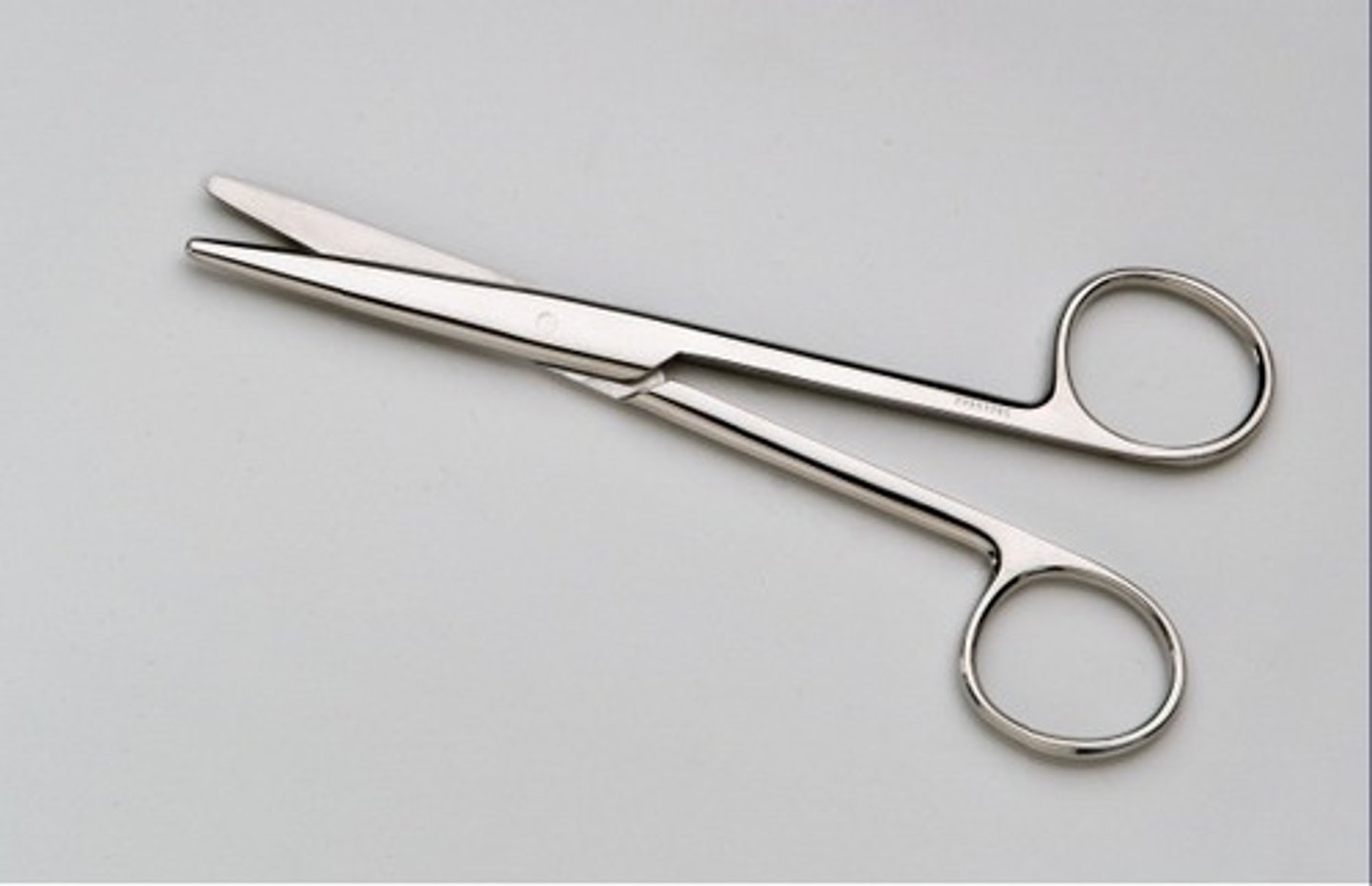
Metzenbaum Scissors
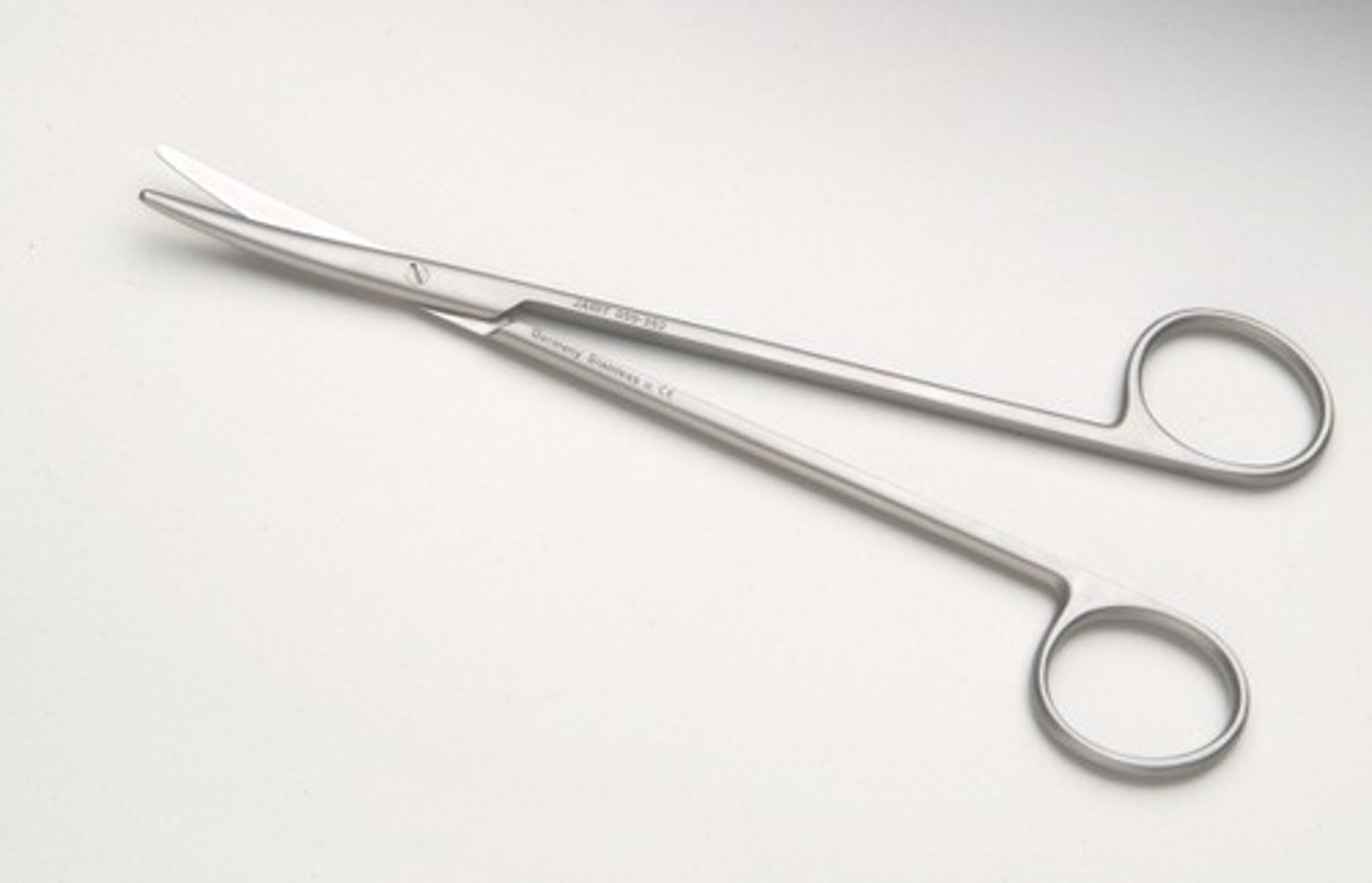
Mayo-Hager Needle Driver
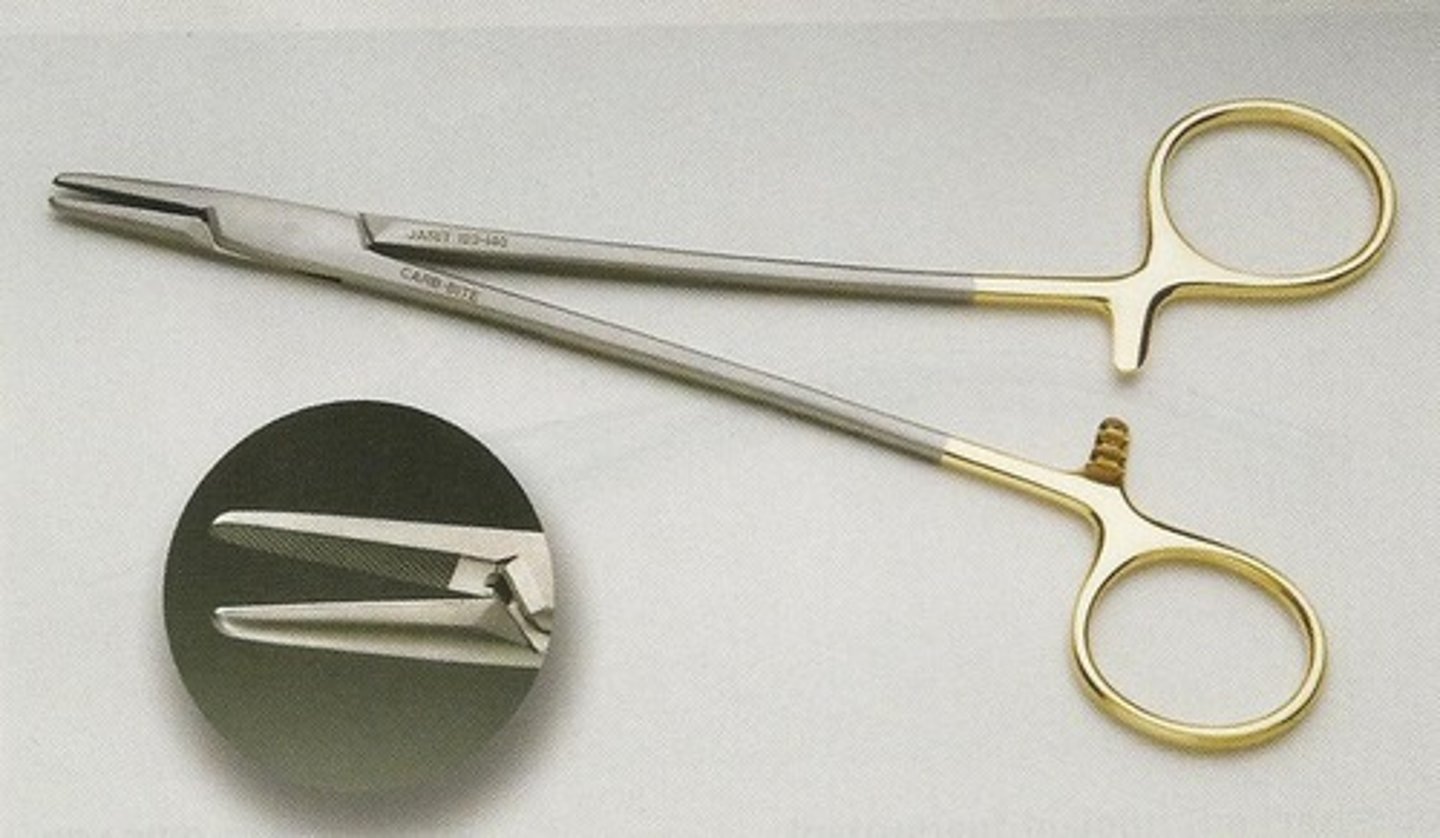
10-blade
Wide rounded edge with the "hole" lower on the blade
Straight, large incisions through skin and muscle tissue
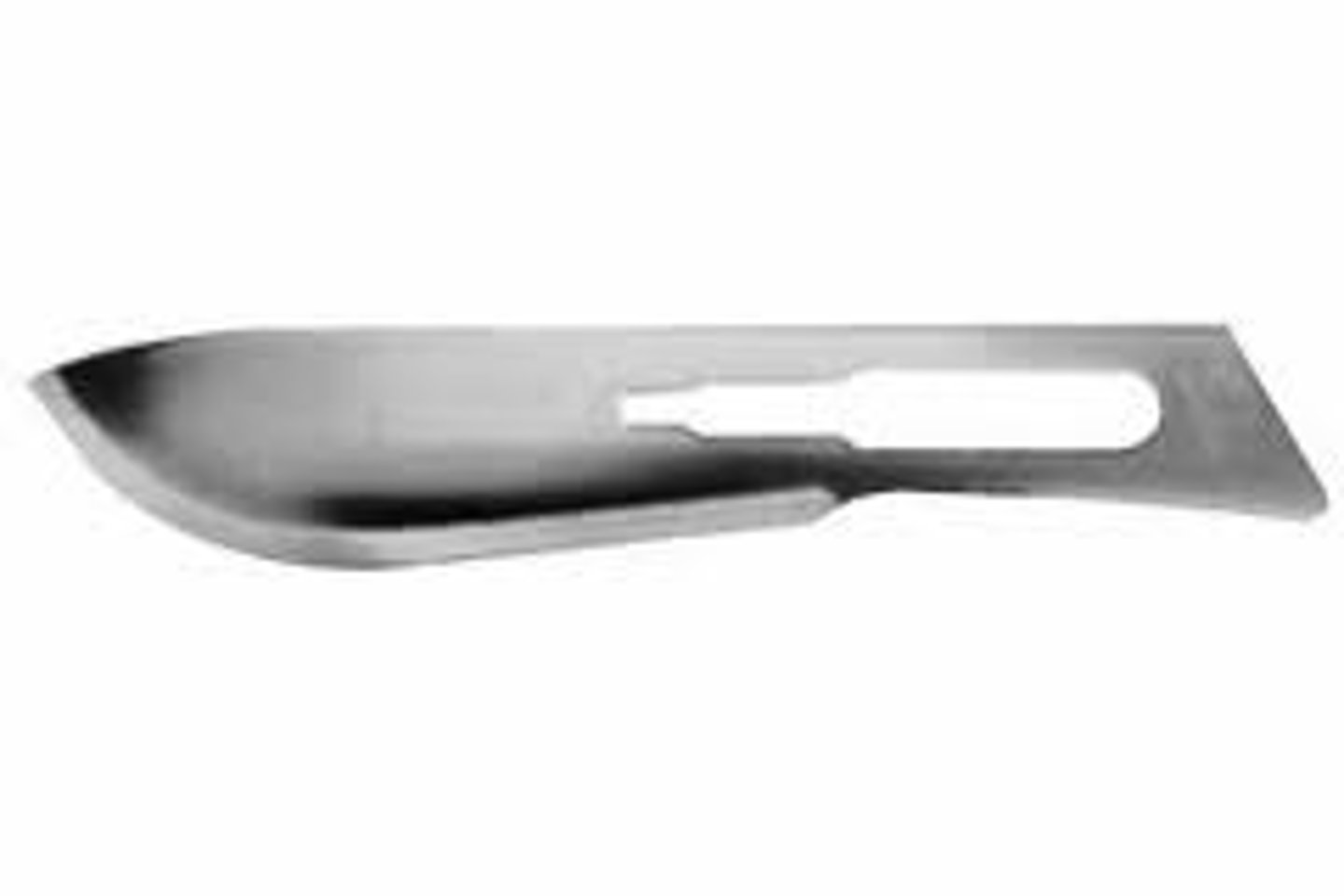
20-blade
Look at the "hole", it is higher up in a 20-blade
Larger incisions and dissections in general surgery and orthopedic procedures
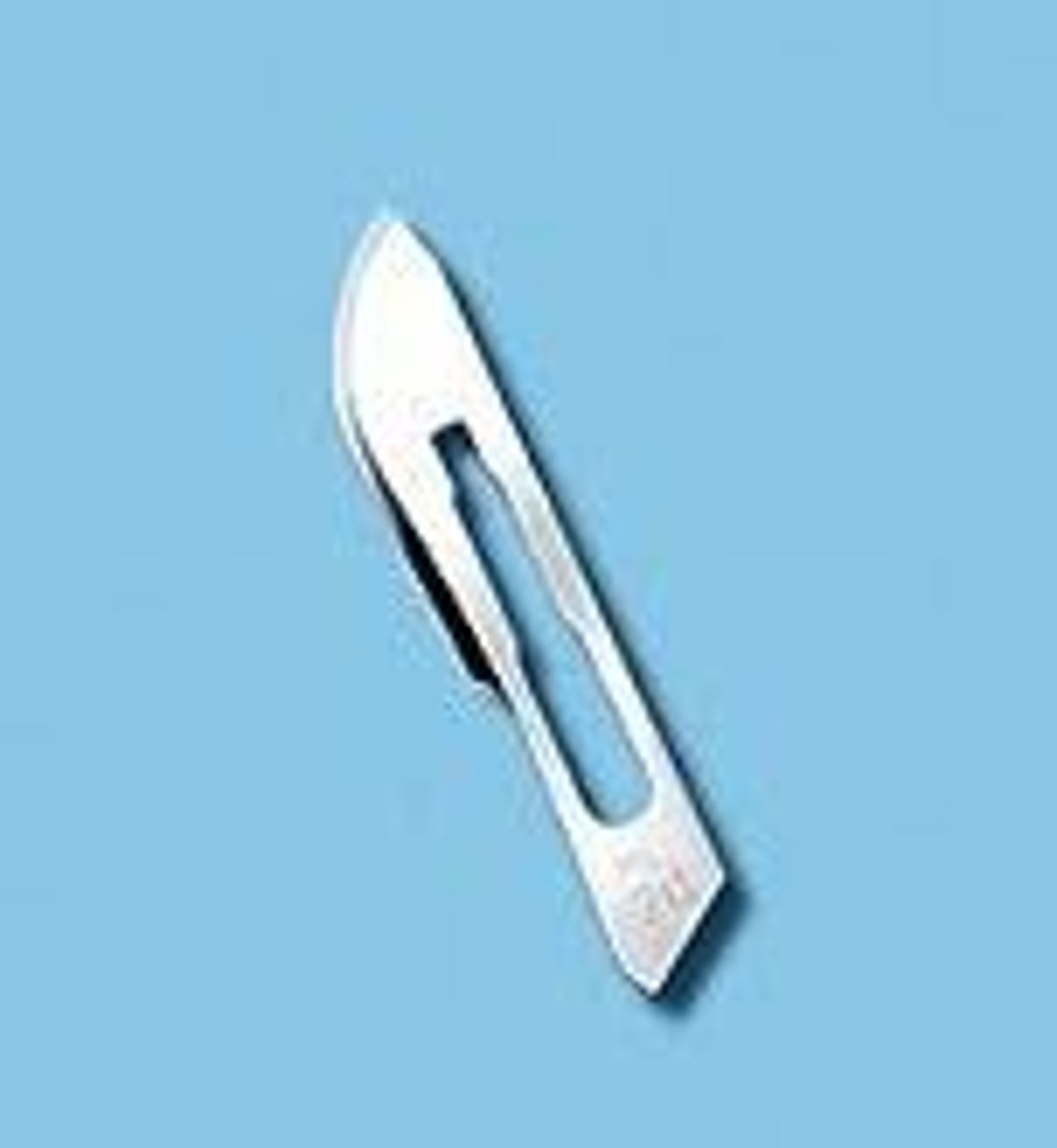
11 blade
Sharper edge
precise, stab-like incisions like for abscesses
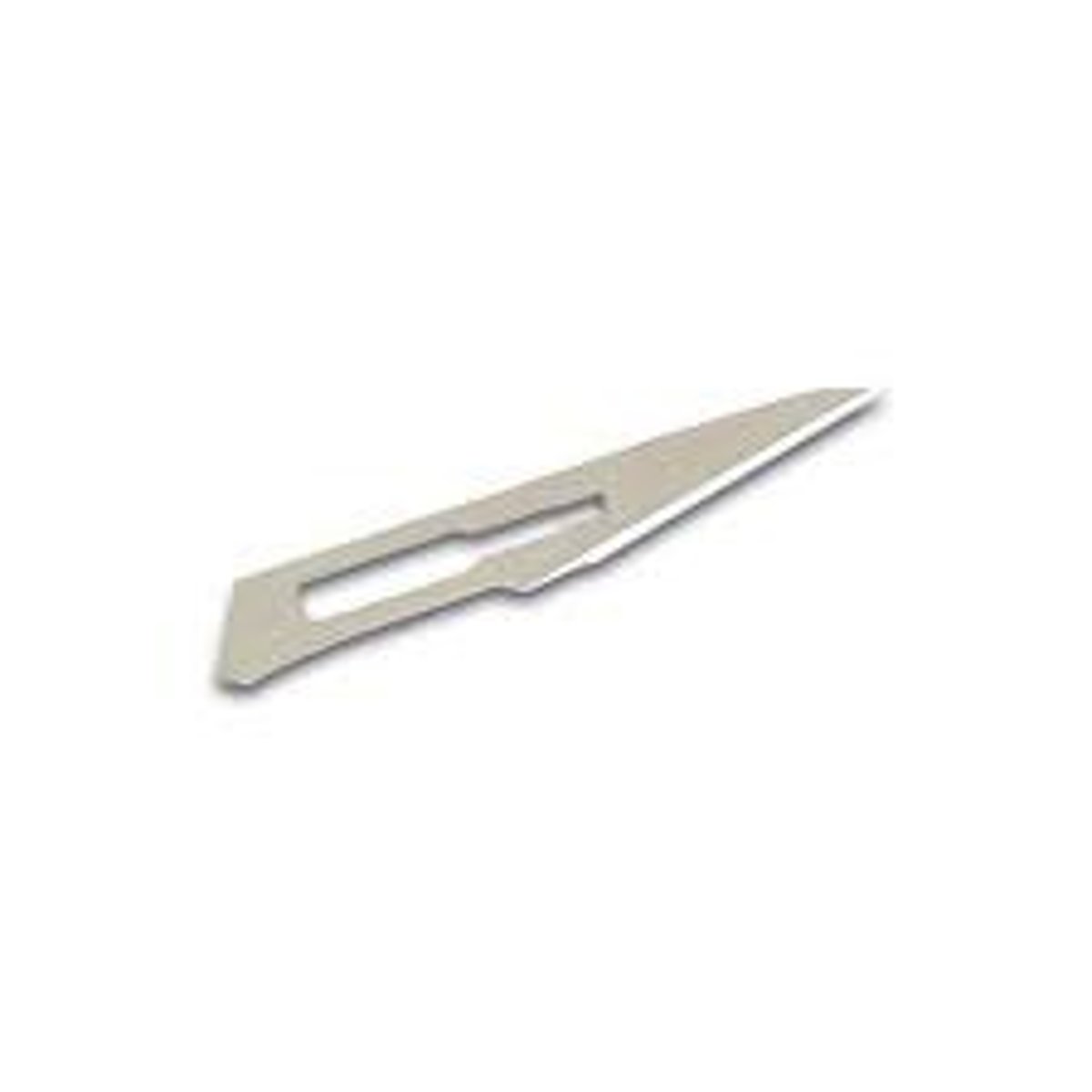
15-blade
pointy/round edge (combo of 10 and 11)
short, precise, and curved incisions
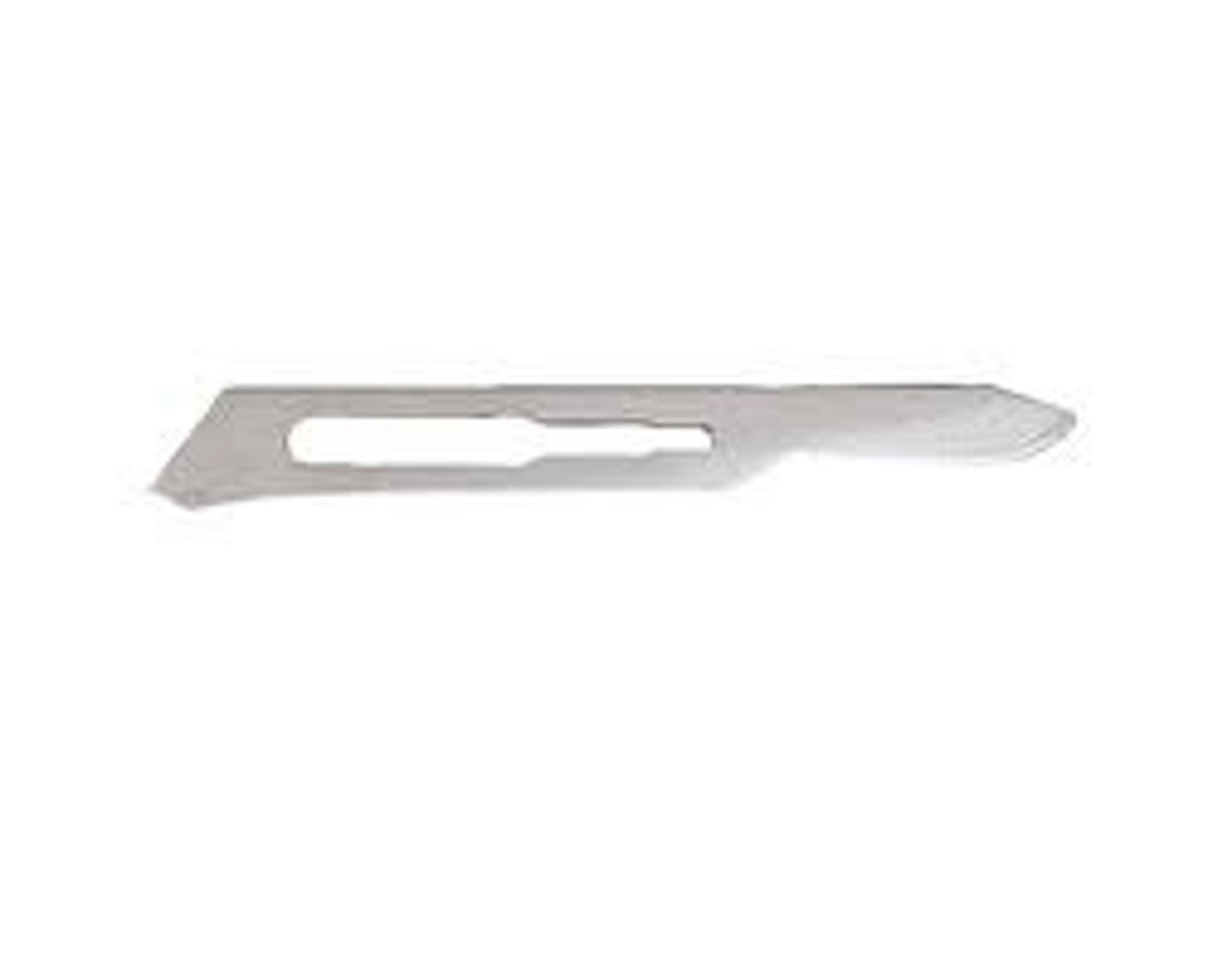
Bonney Forceps
"Bony" or "ribbed" tips
For grabbing heavy tissues
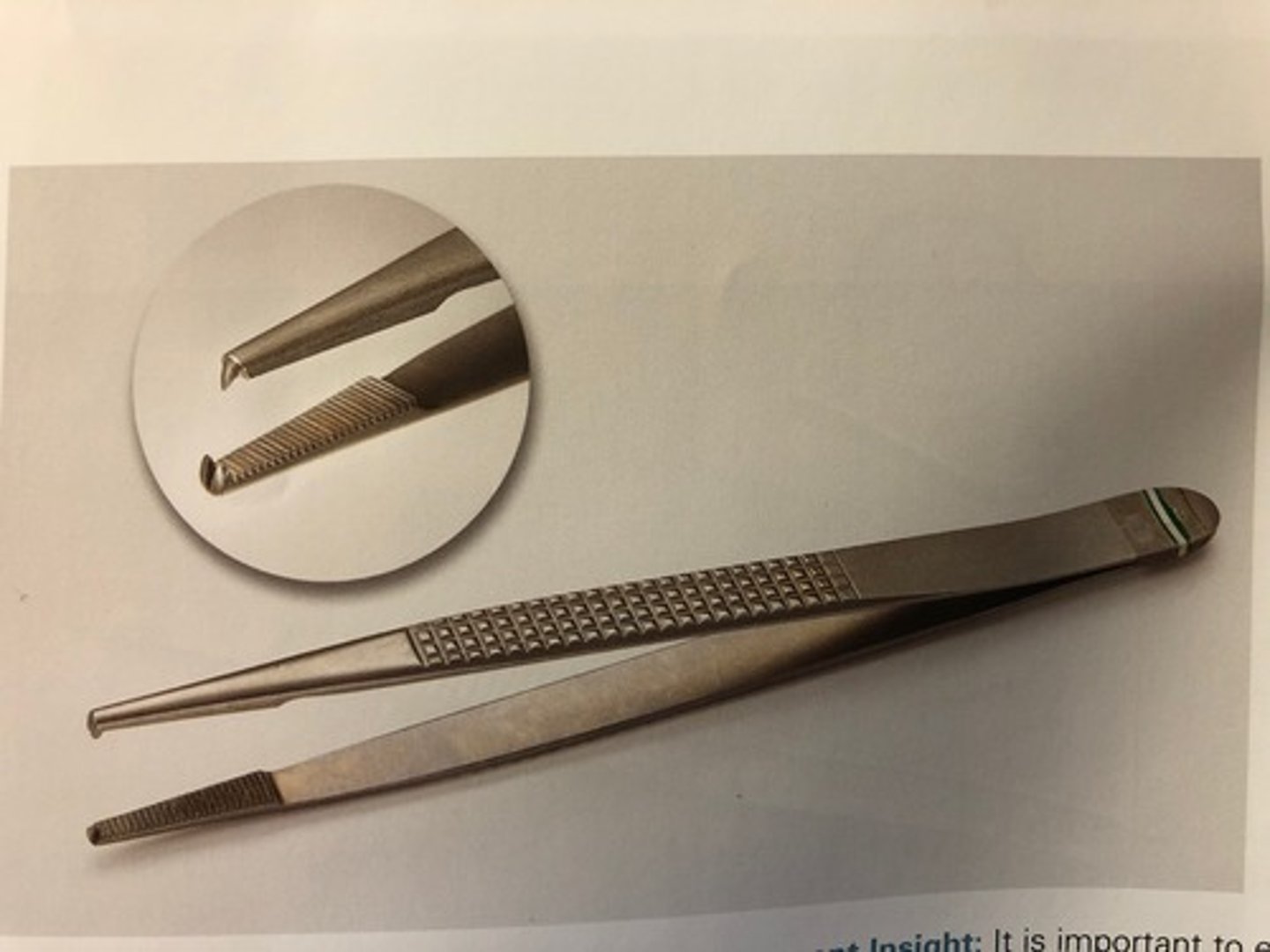
Russian Forceps
Look at the unique cluster of teeth
For heavy or thick tissues or skin
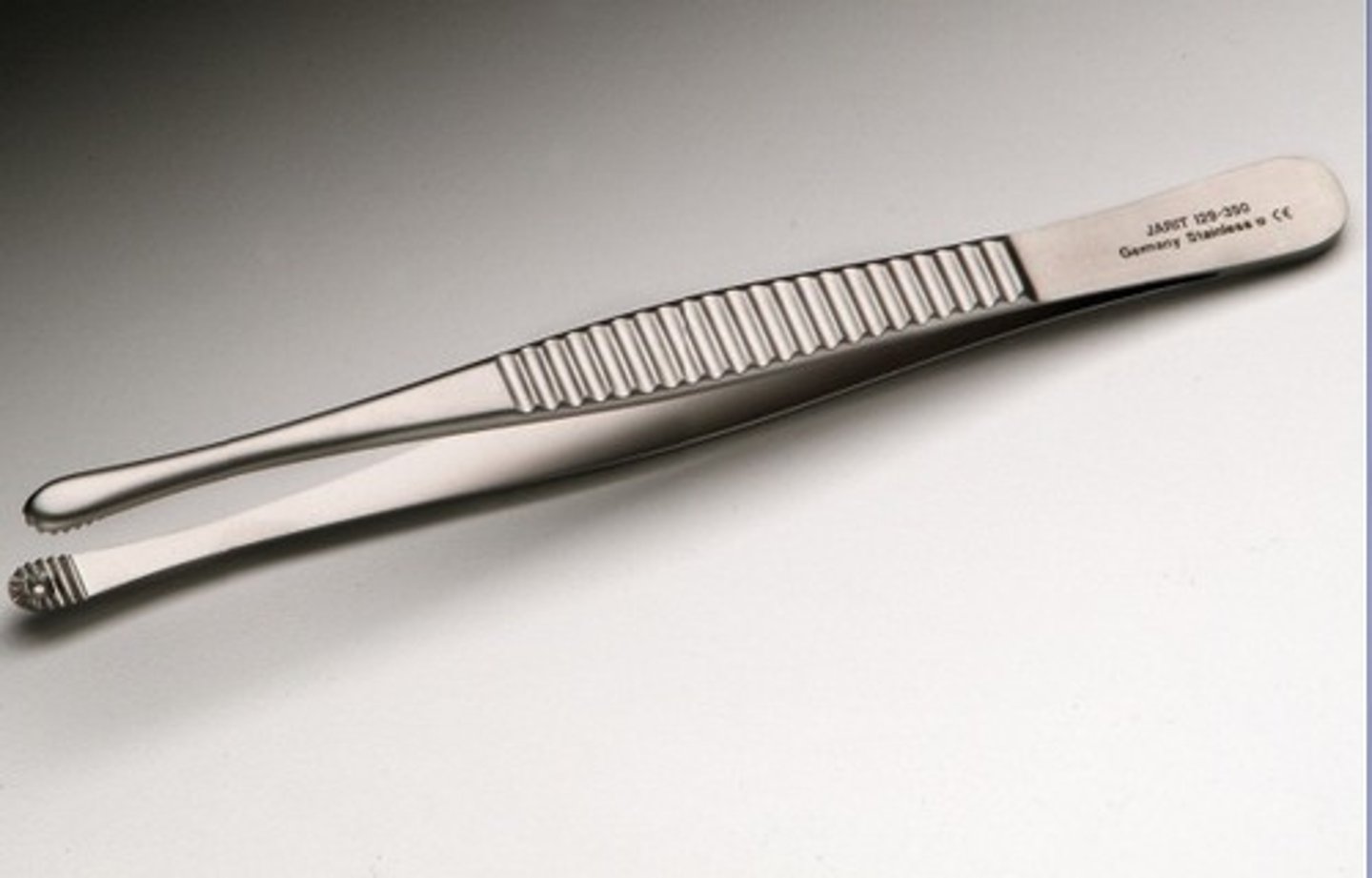
DeBakey Forceps
Think "debaby" they are thin and pointy with little teeth compared to the other forceps
For holding delicate tissues like vasculature
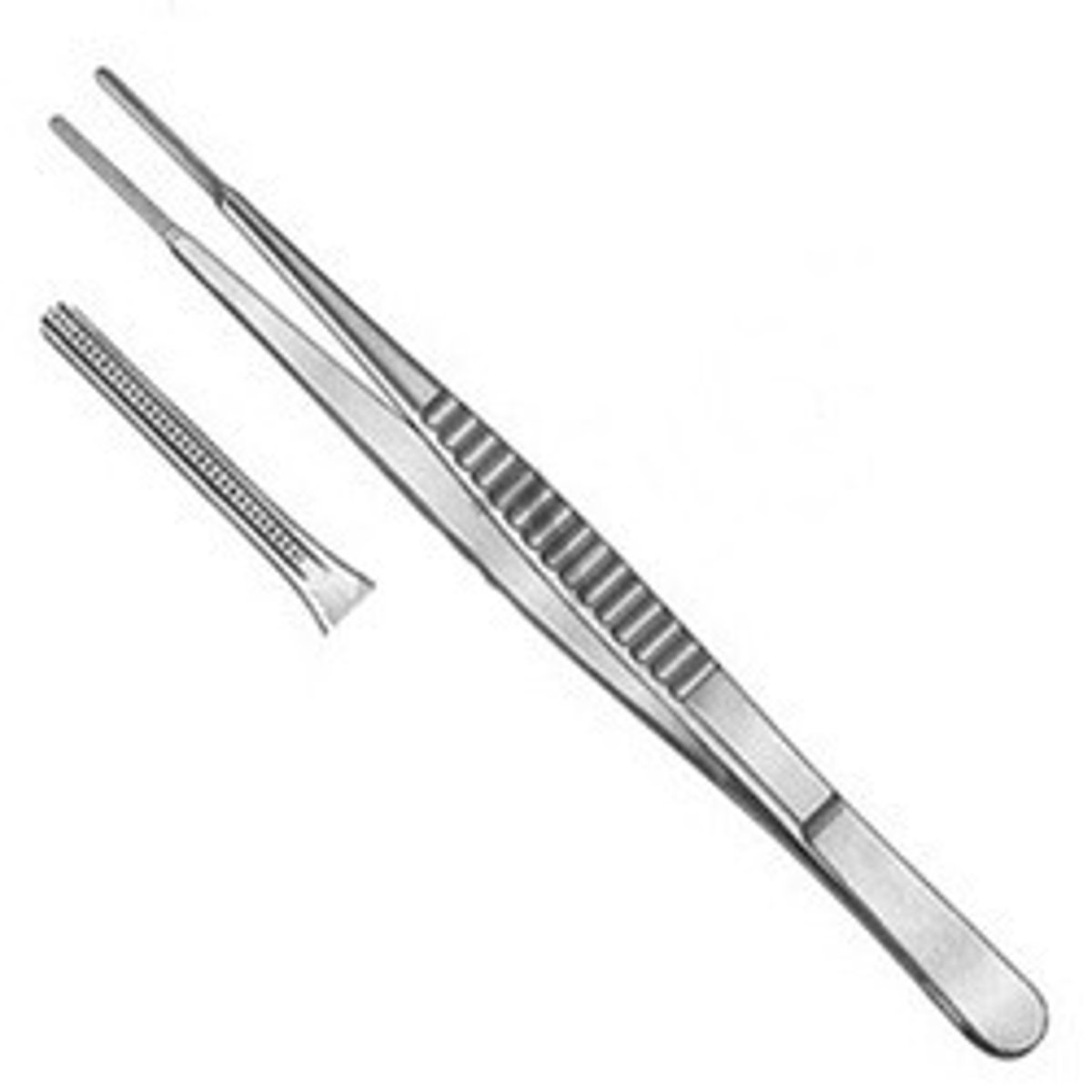
Gerald forceps
Extremely precise, like gerald ford (our late president)
For microsurgical procedures
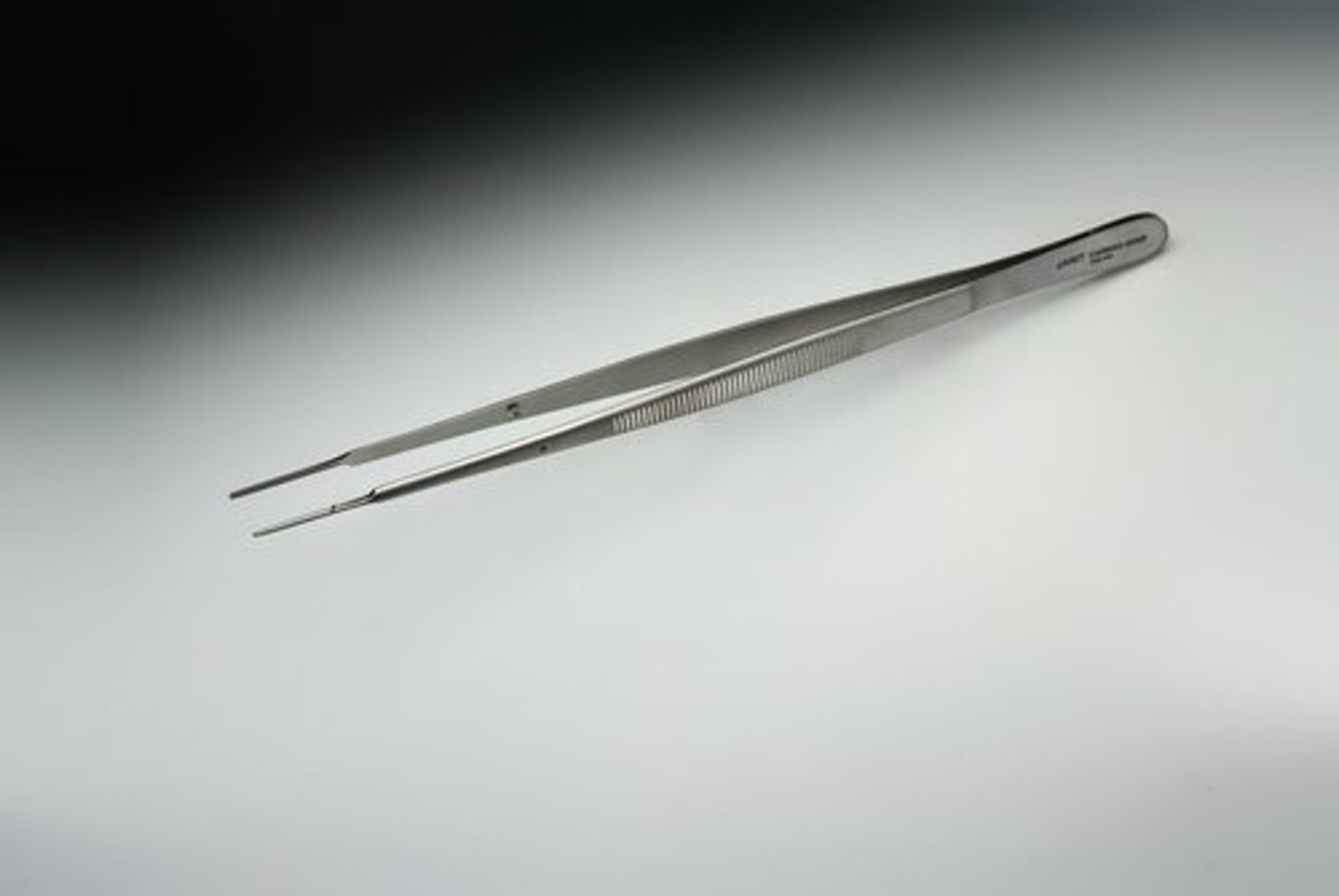
Adson forceps with teeth
Fatter and shorter
Good for more precise control
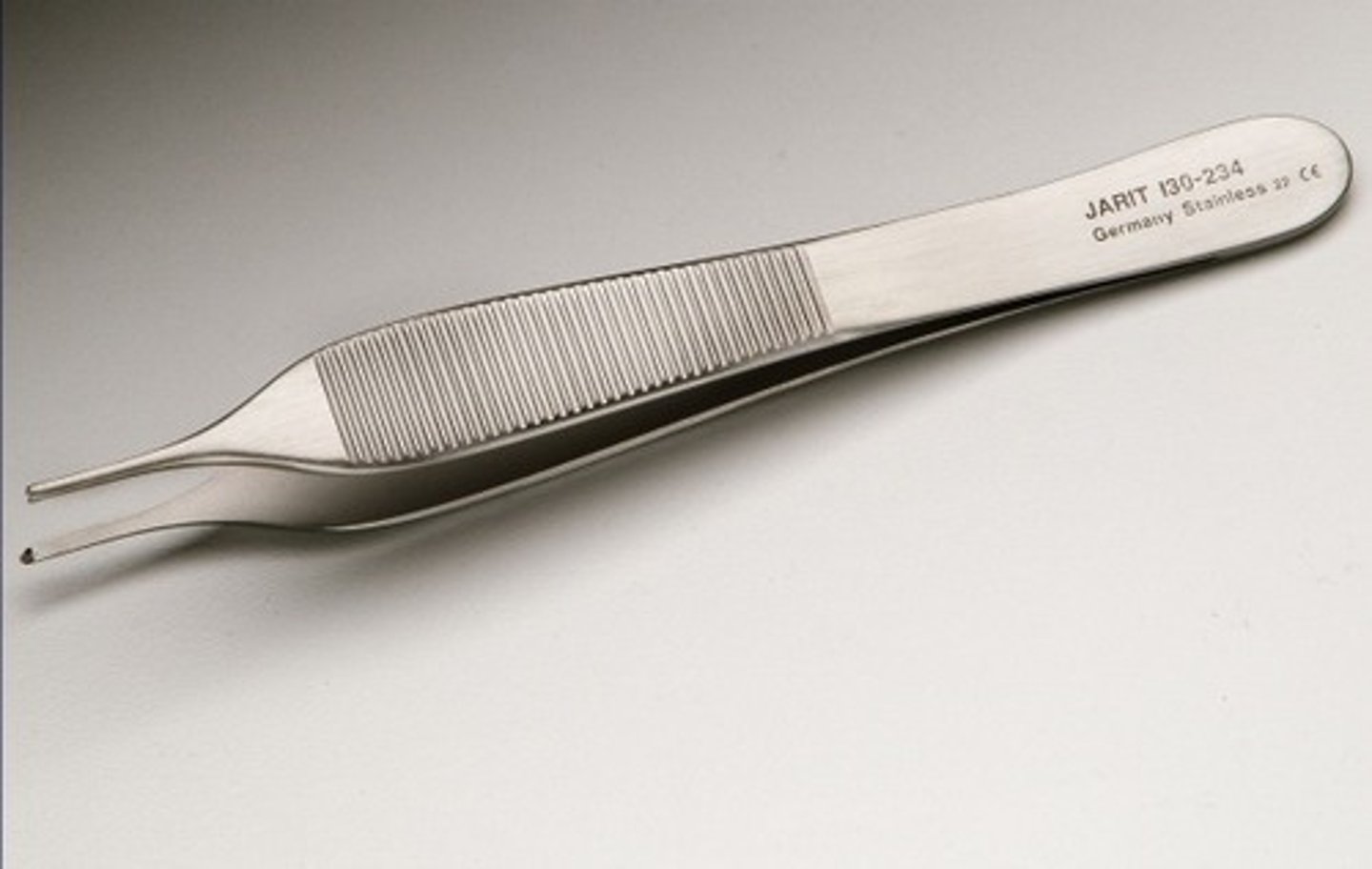
Adson forceps without teeth
Fatter and shorter
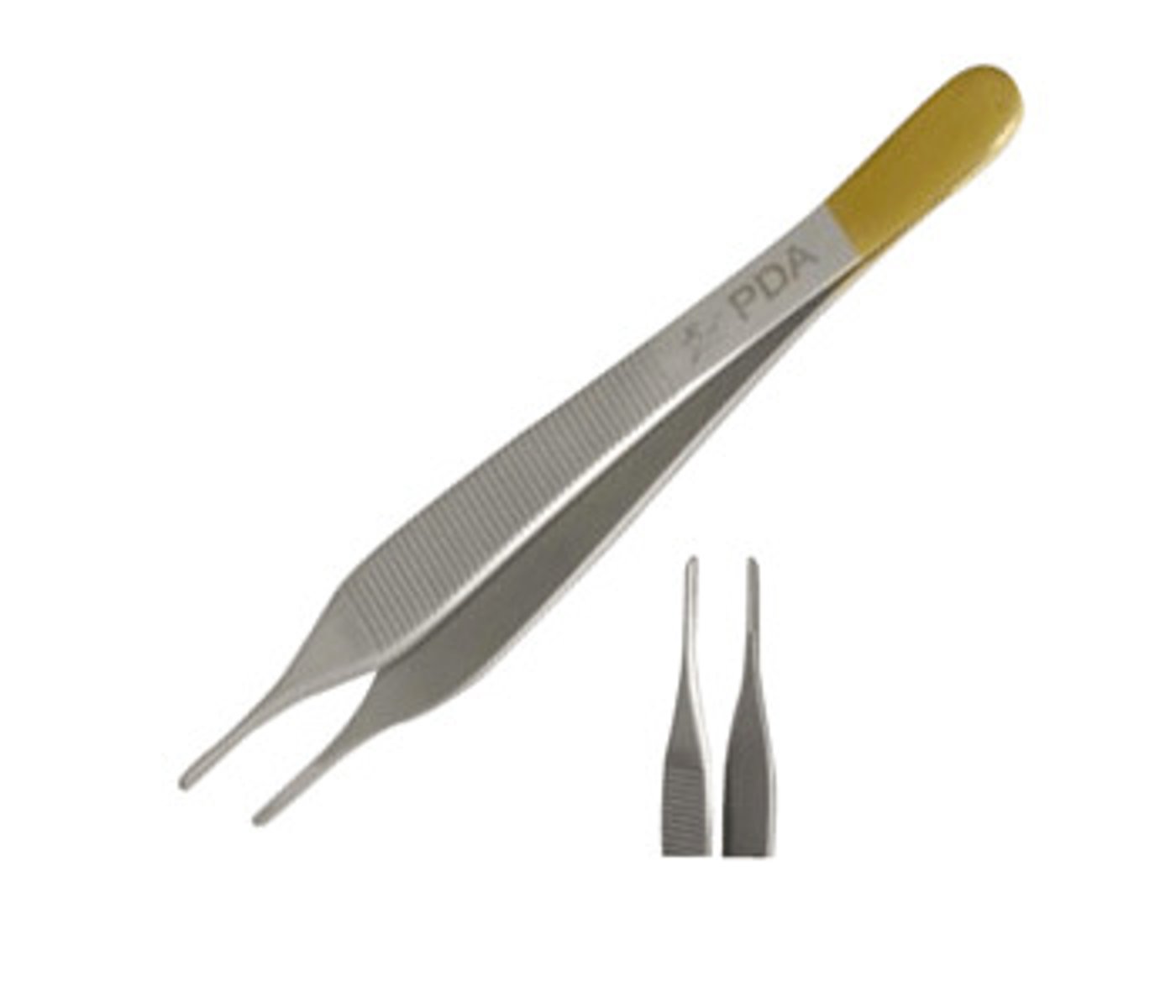
Adson-Brown forceps
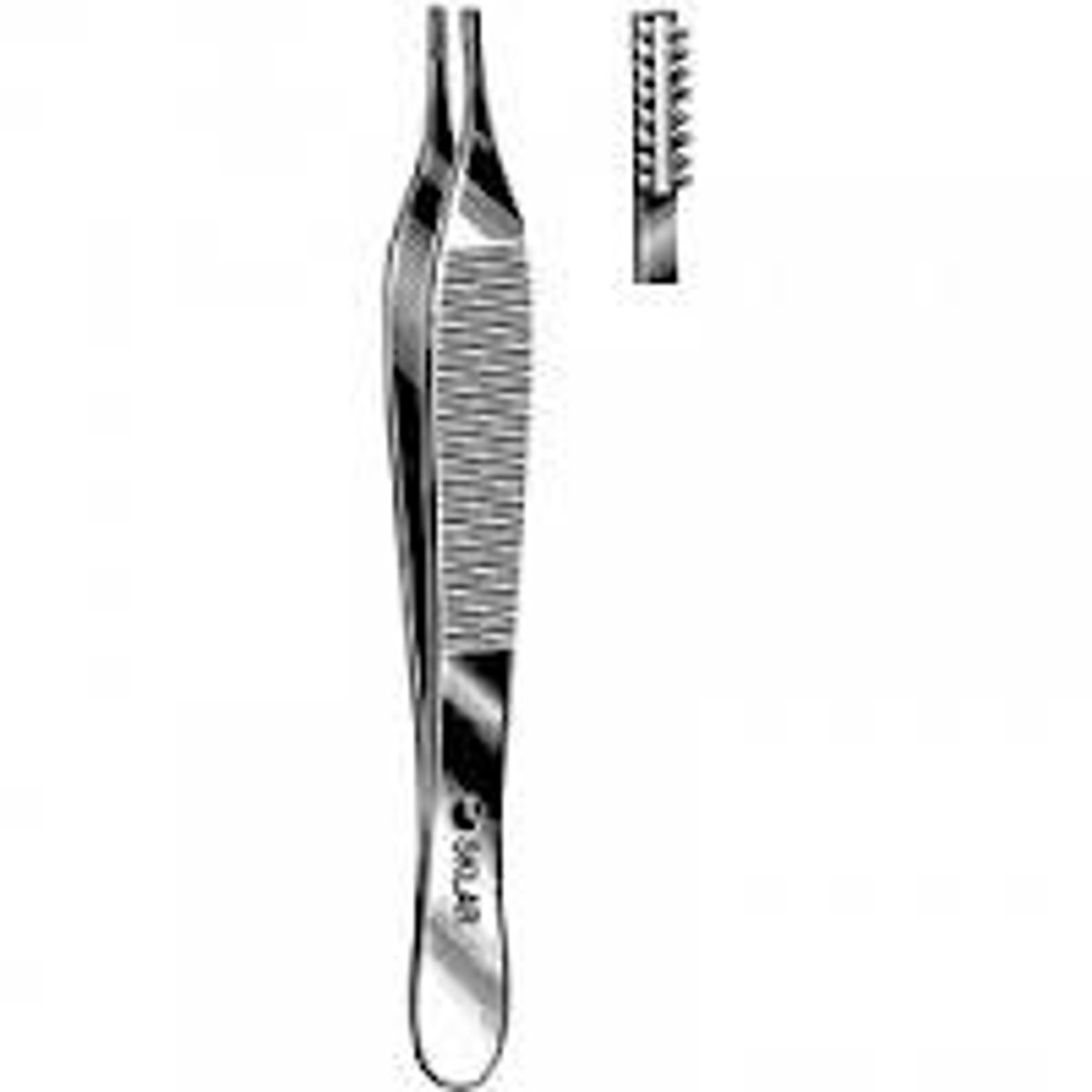
Harrington-Sweetheart Retractors
Makes the shape of a heart at the tip :)
For retracting larger/heavy/bulky structures
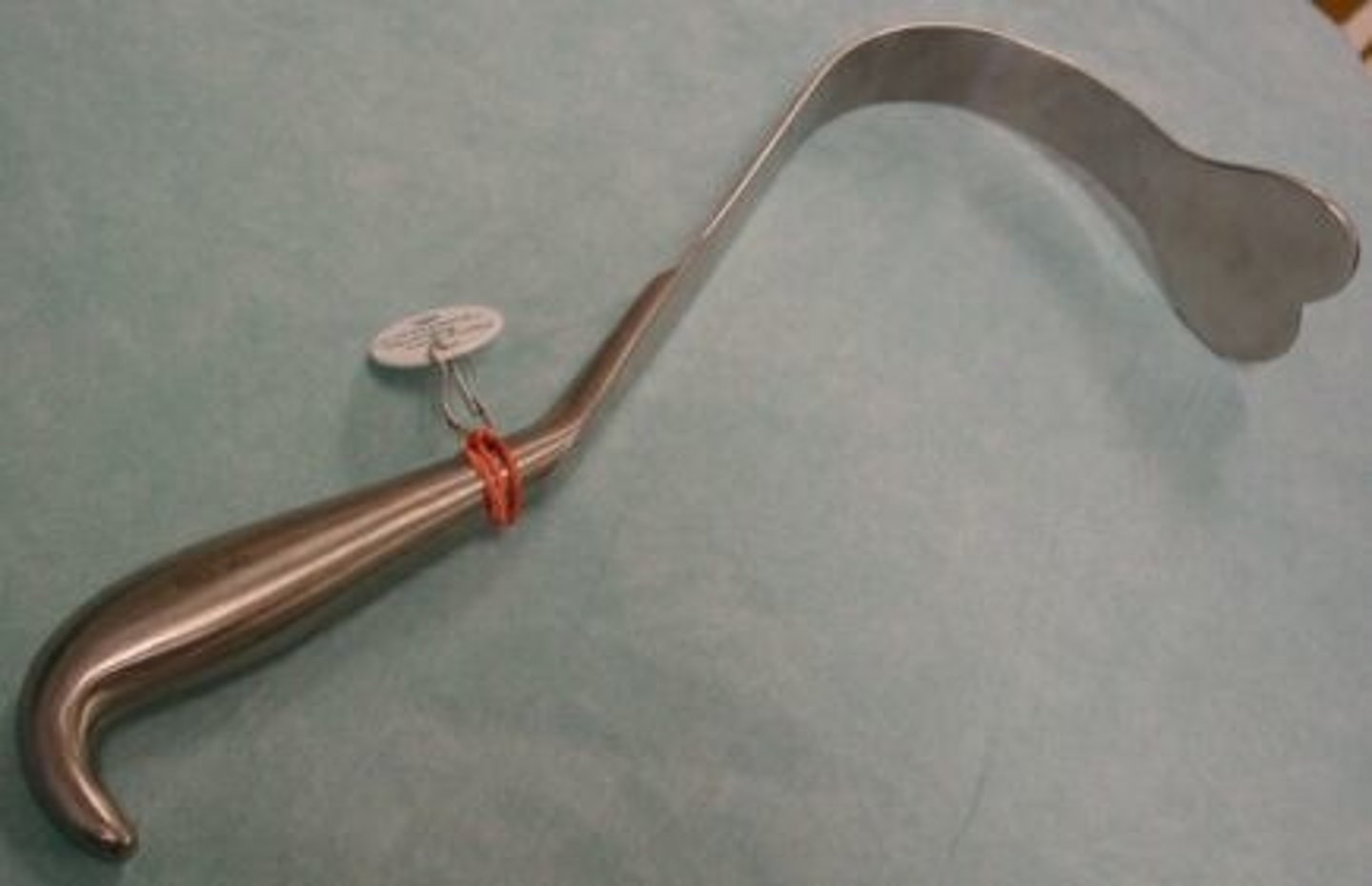
Deaver retractors
Makes the curve of a letter D
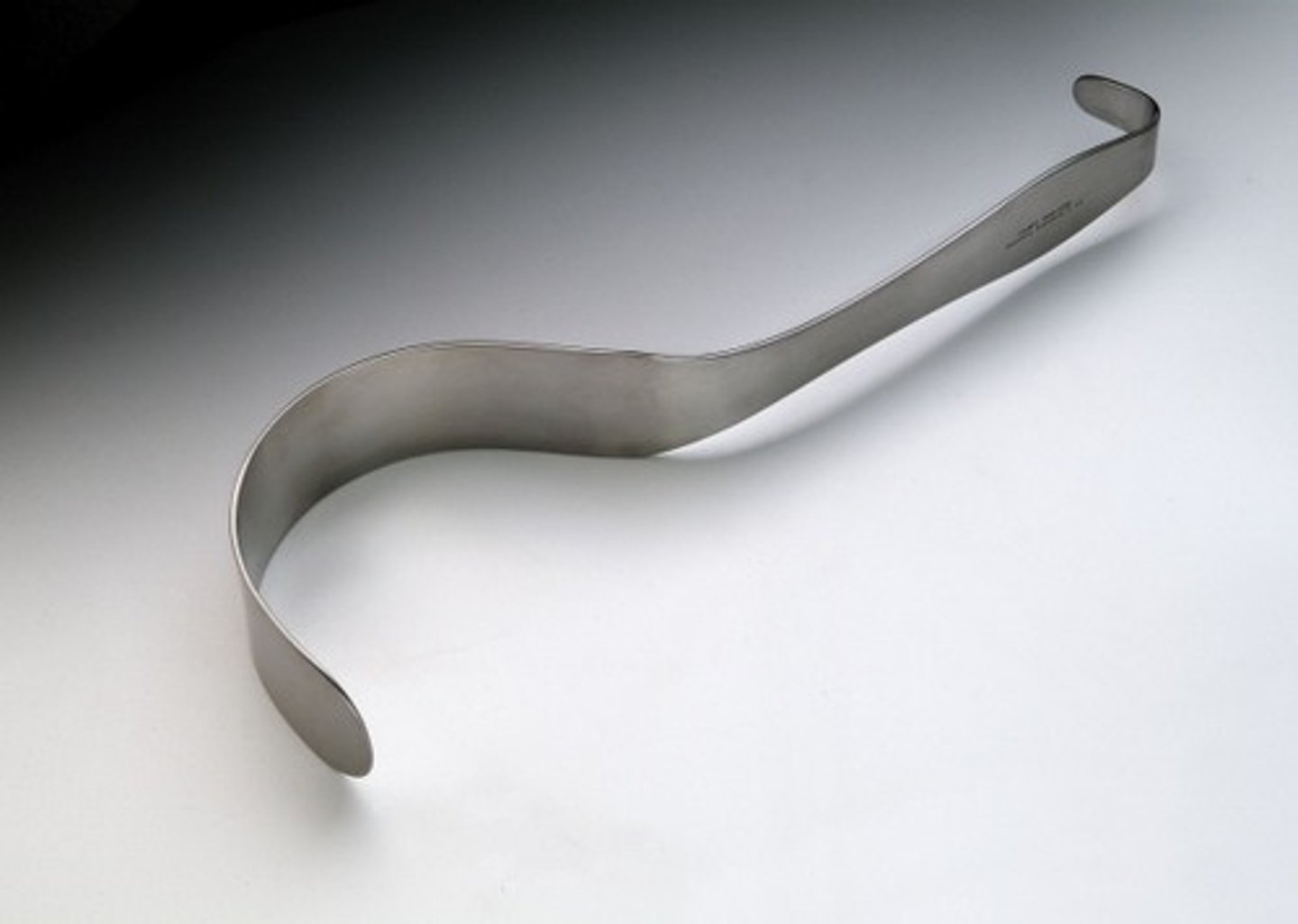
Kelly retractor
Looks like a golf club, Kelly plays golf!
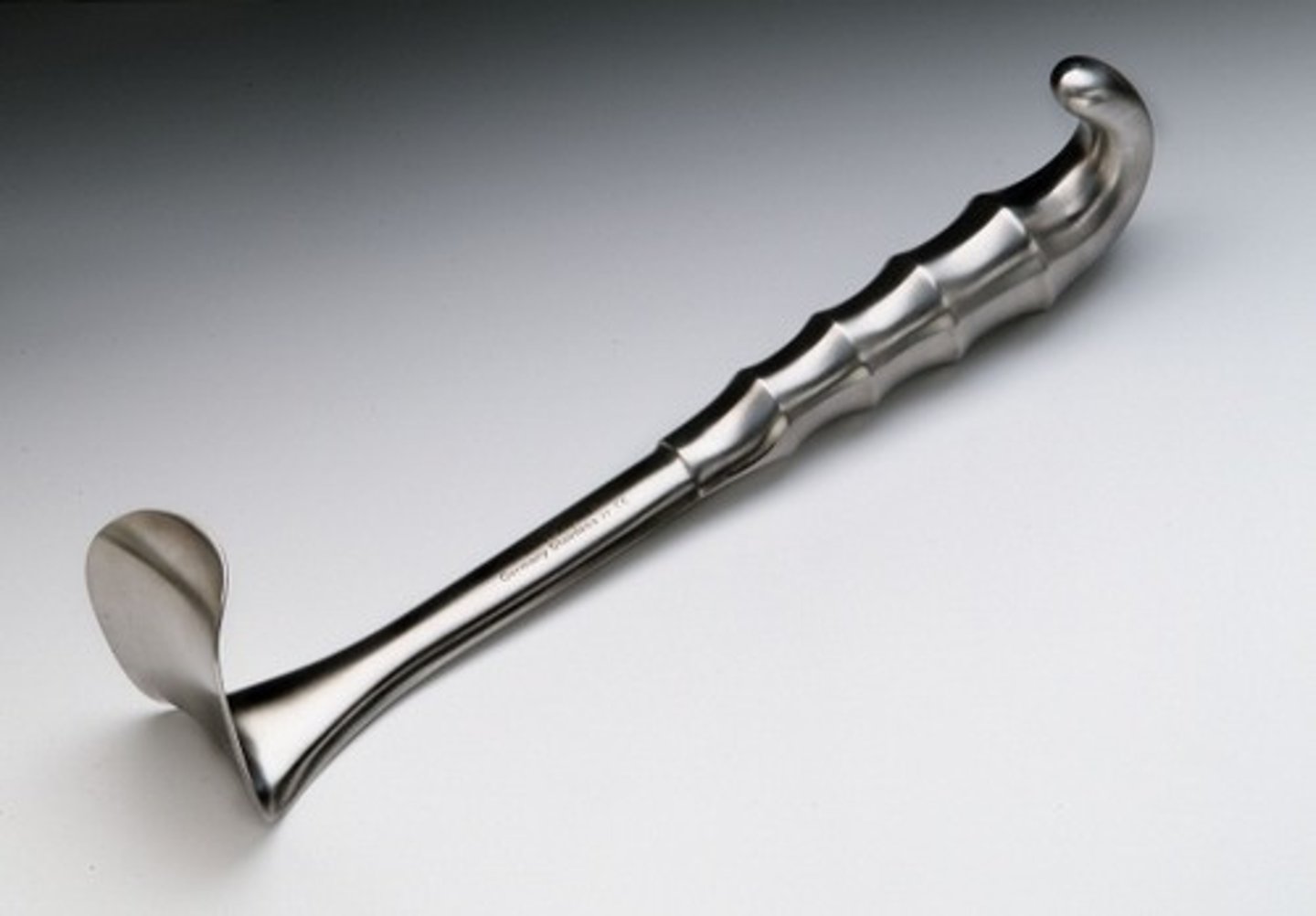
Eastman retractor
Forms the letter E
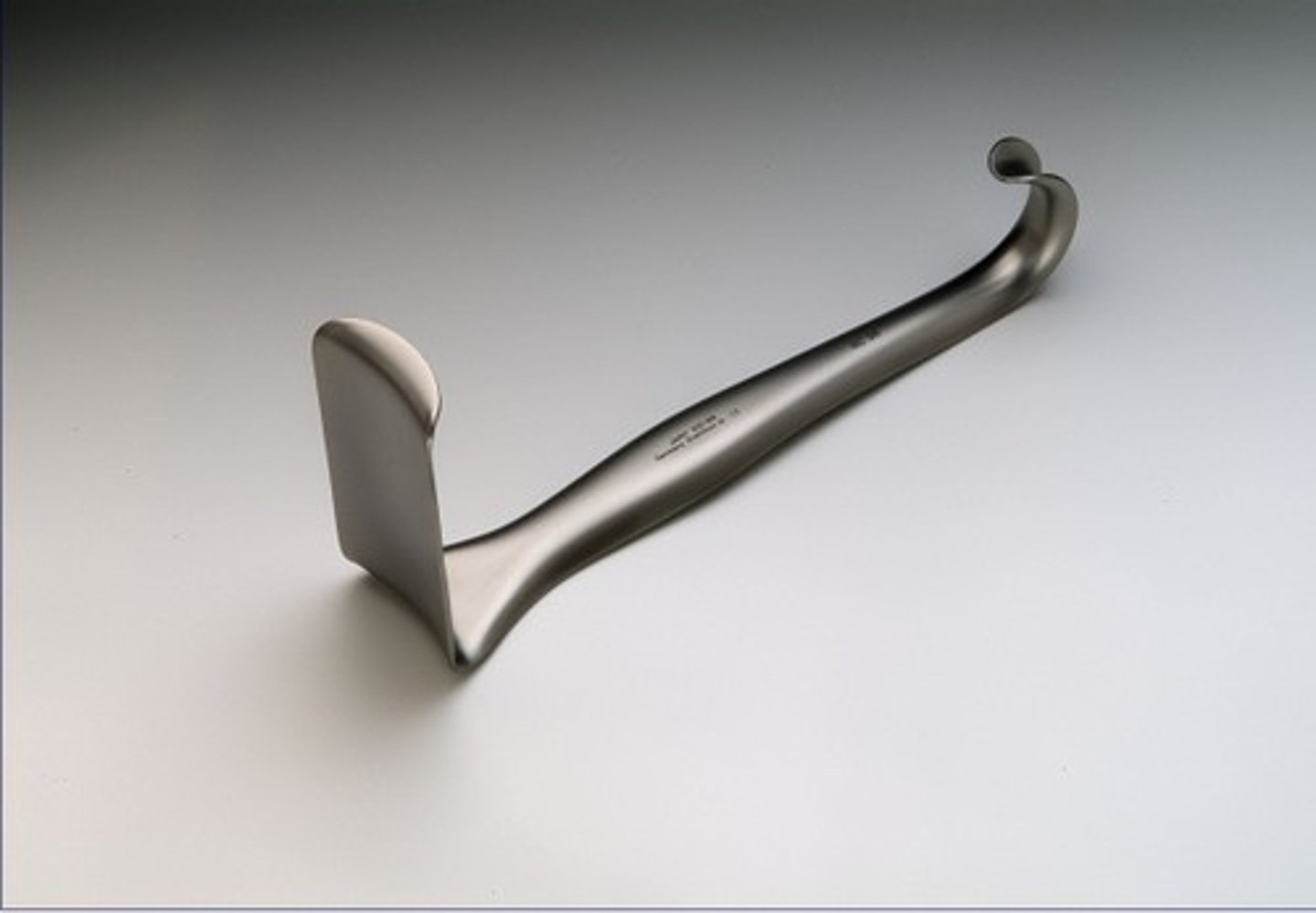
Richardson retractor
Similar to kelly, but shorter blade
Richard is not as good at golf compared to kelly
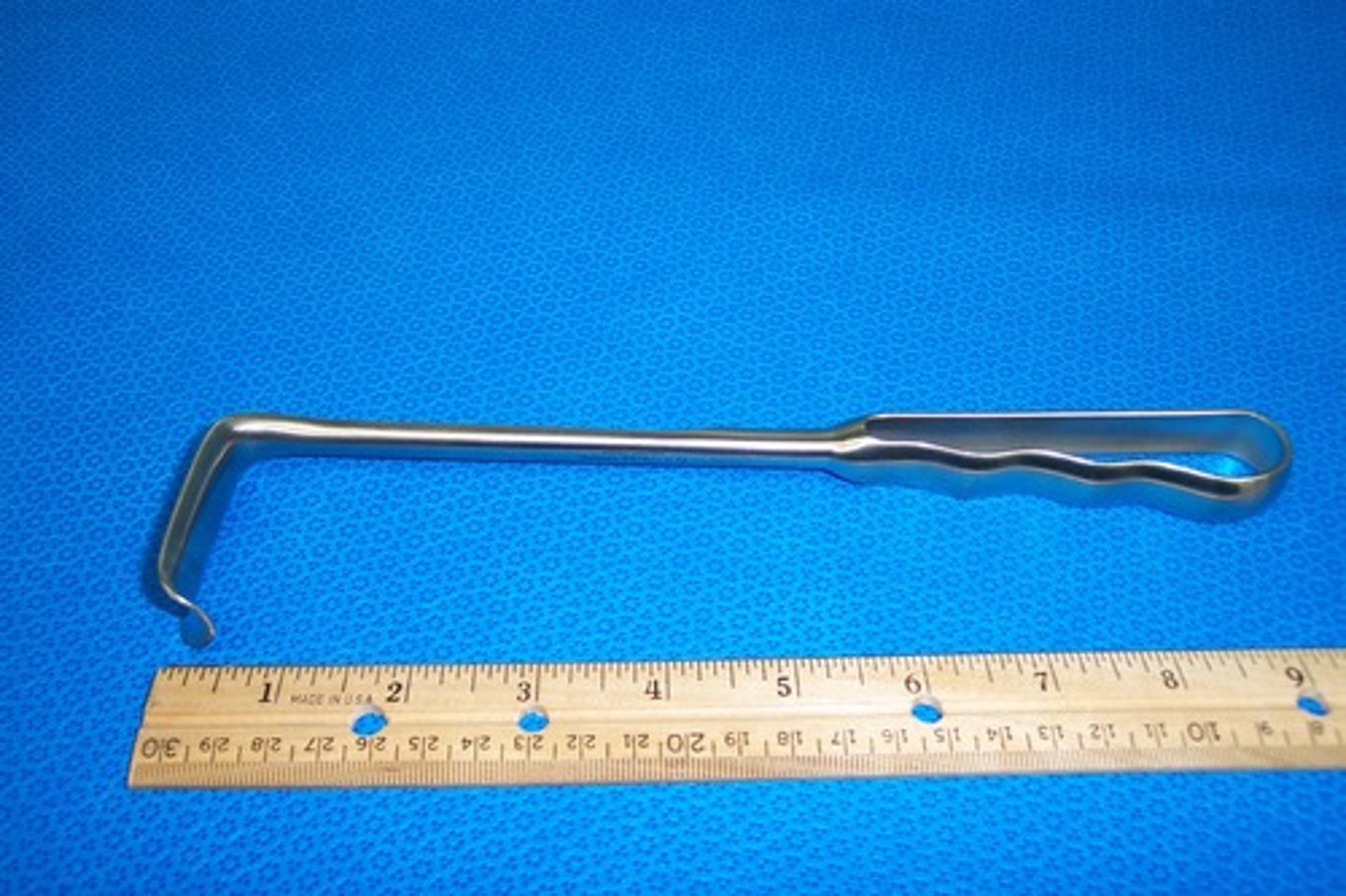
Richardson-eastman retractor
Combo of eastman and richardson
Golf club short end (+) Shape of E
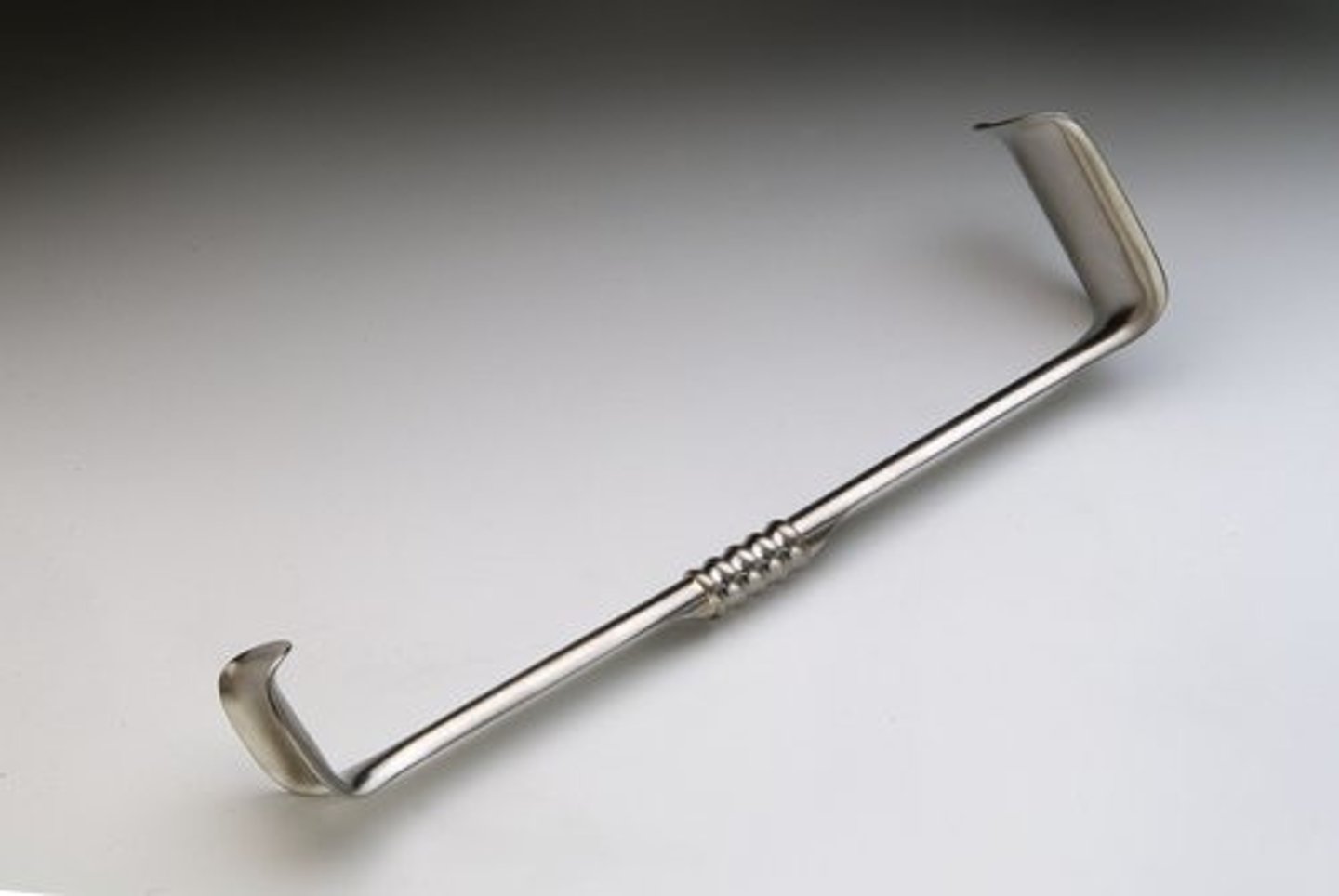
S retractor
Self-explanatory
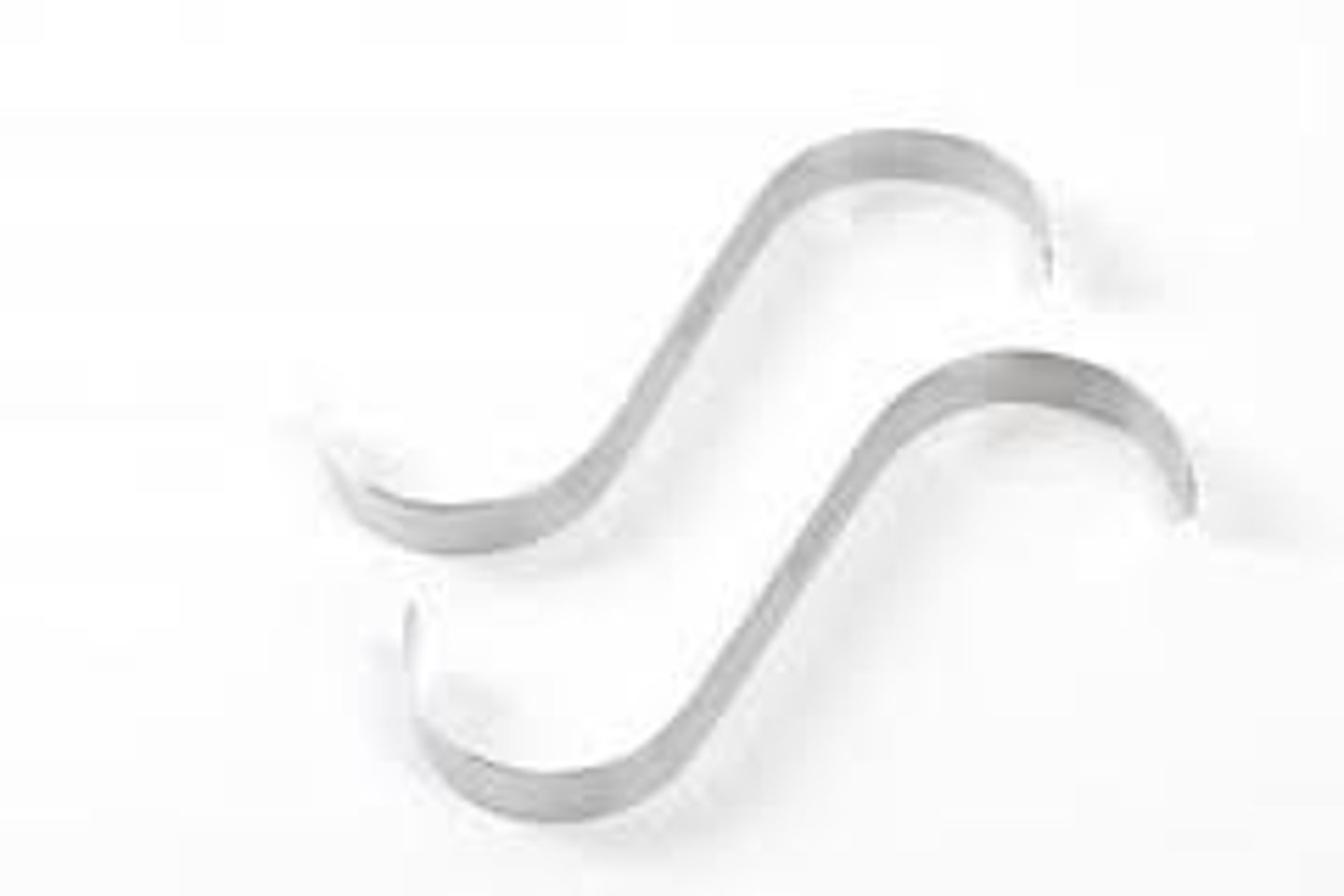
Cushing retractor
Specifically for retracting veins
Cushing > Back scratcher between the cushions (looks like a back scratcher)
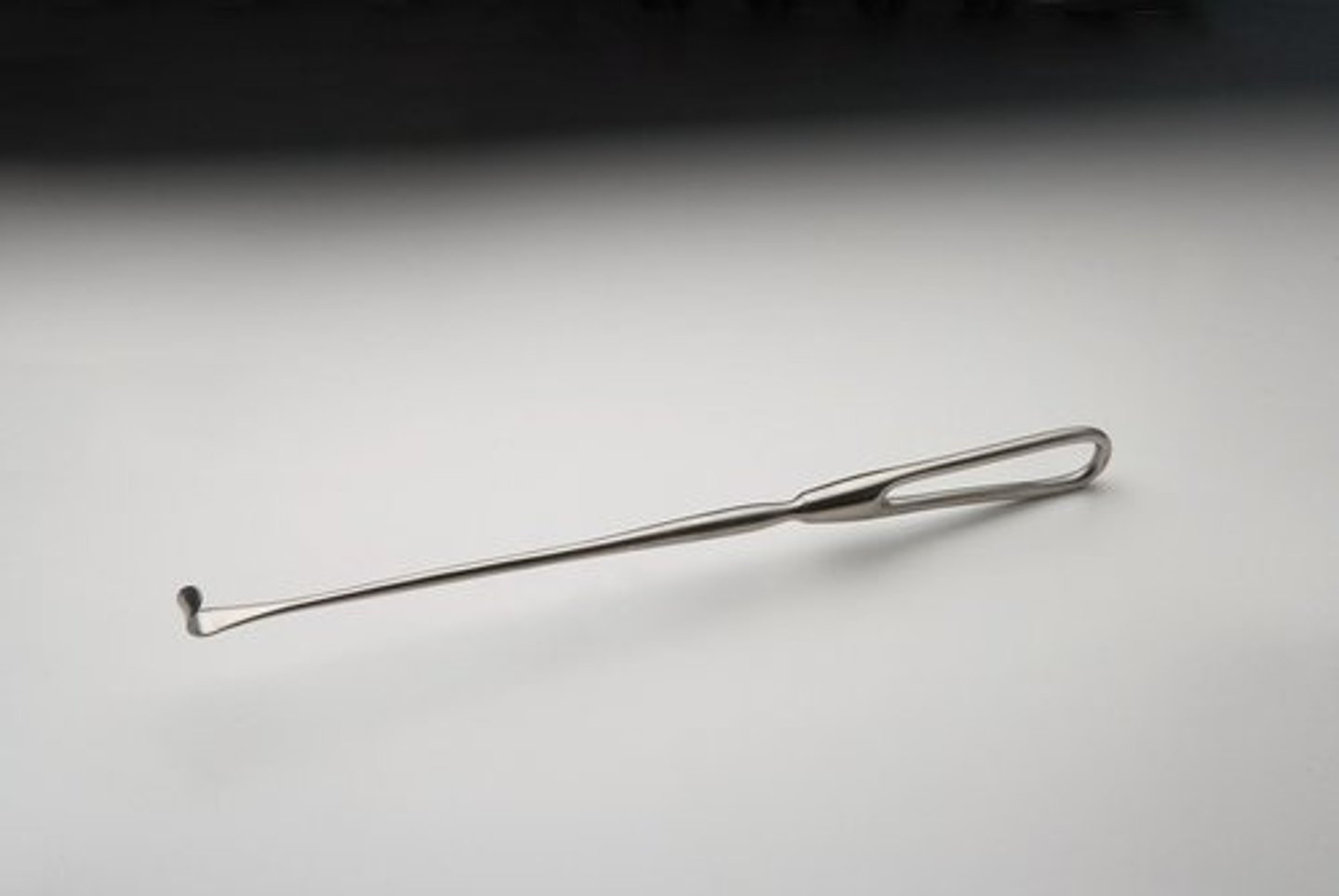
Senn retractor
Looks like a fork on the end (small)
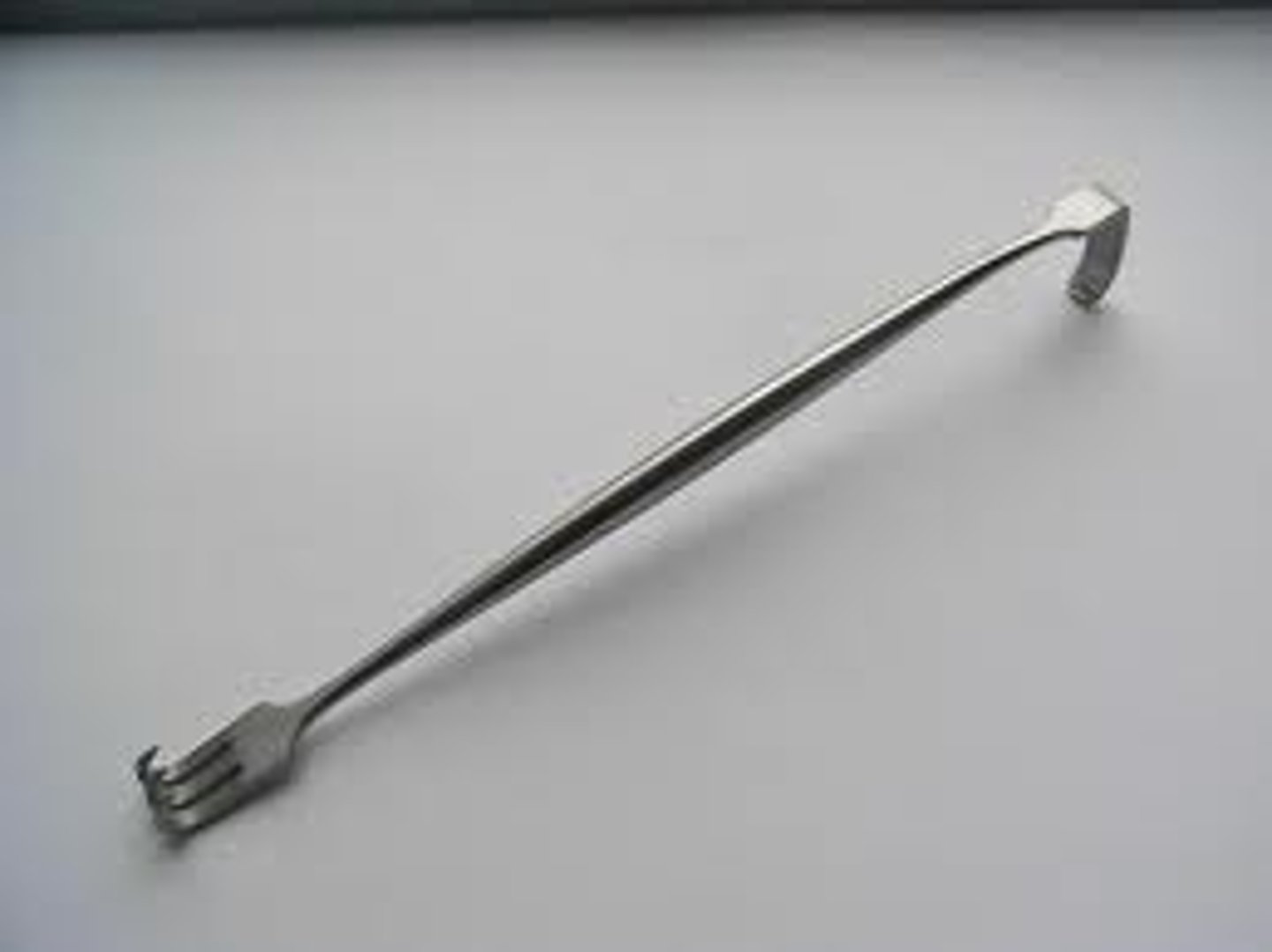
Rake retractor
Larger fork on the end! Like a rake for leaves!
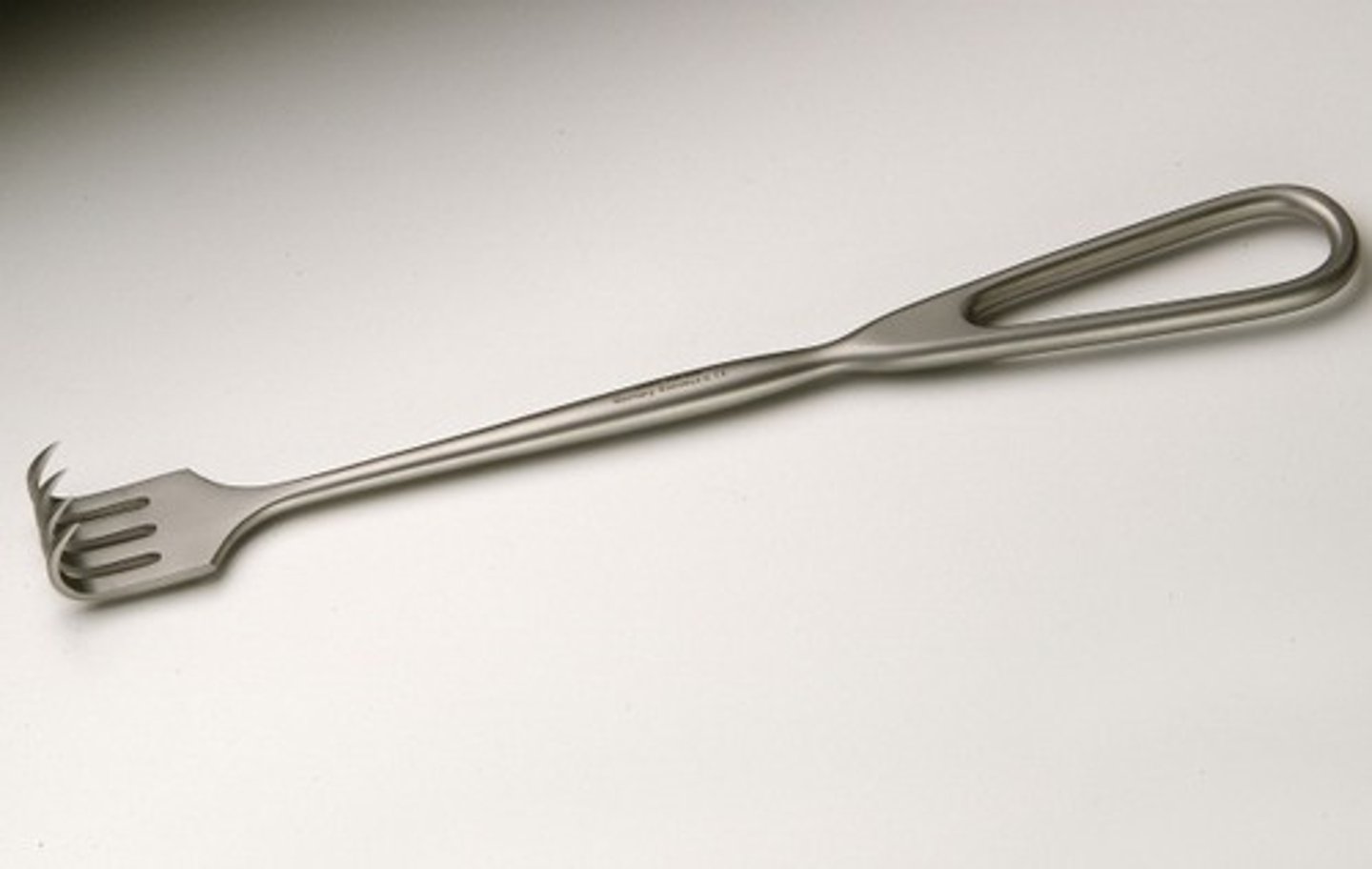
Army-Navy retractor
Blunt edges (no biconvex curve) compared to eastman-richardson
Military is blunt and to the point
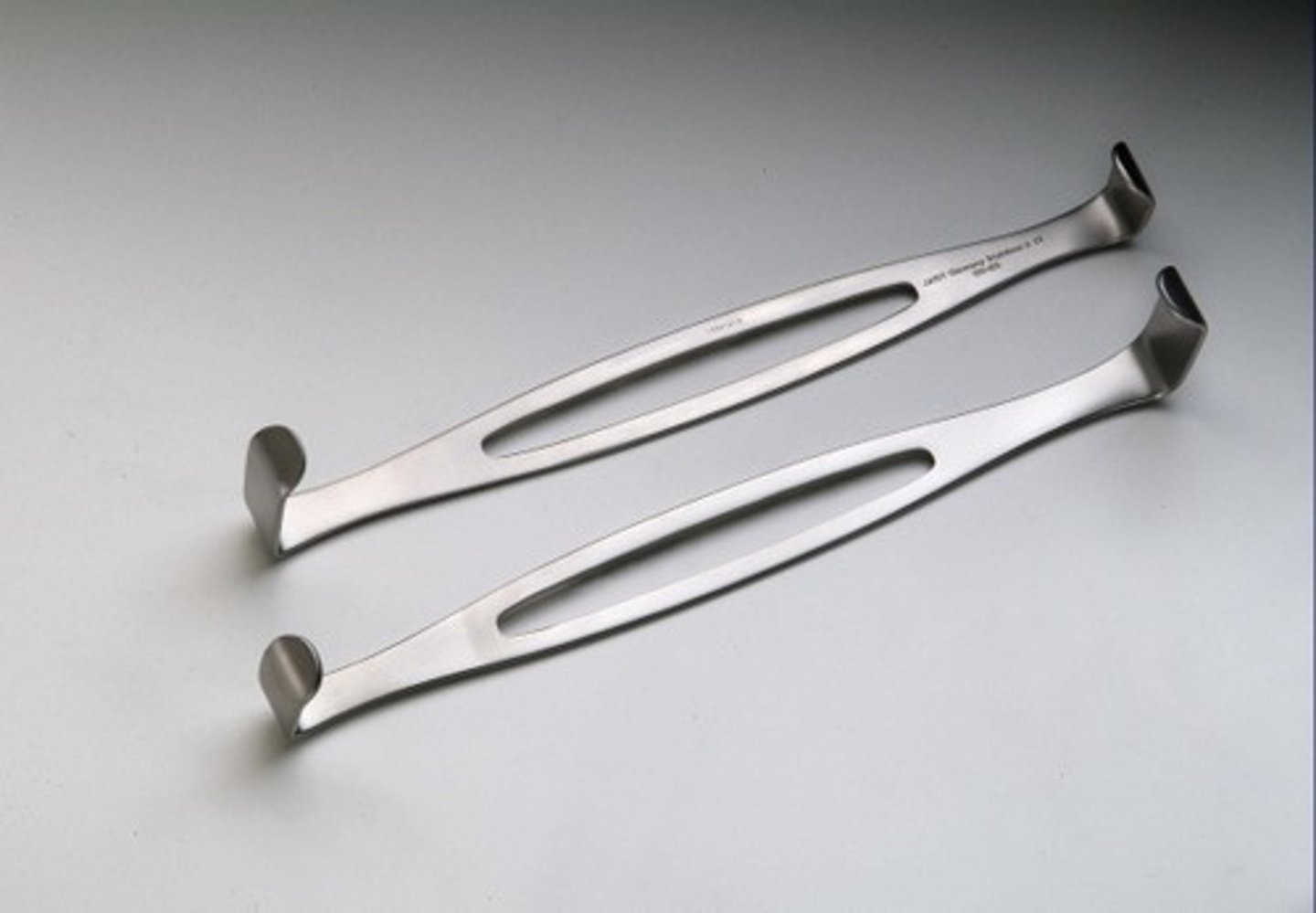
Self-retaining retractor
Holds itself in place
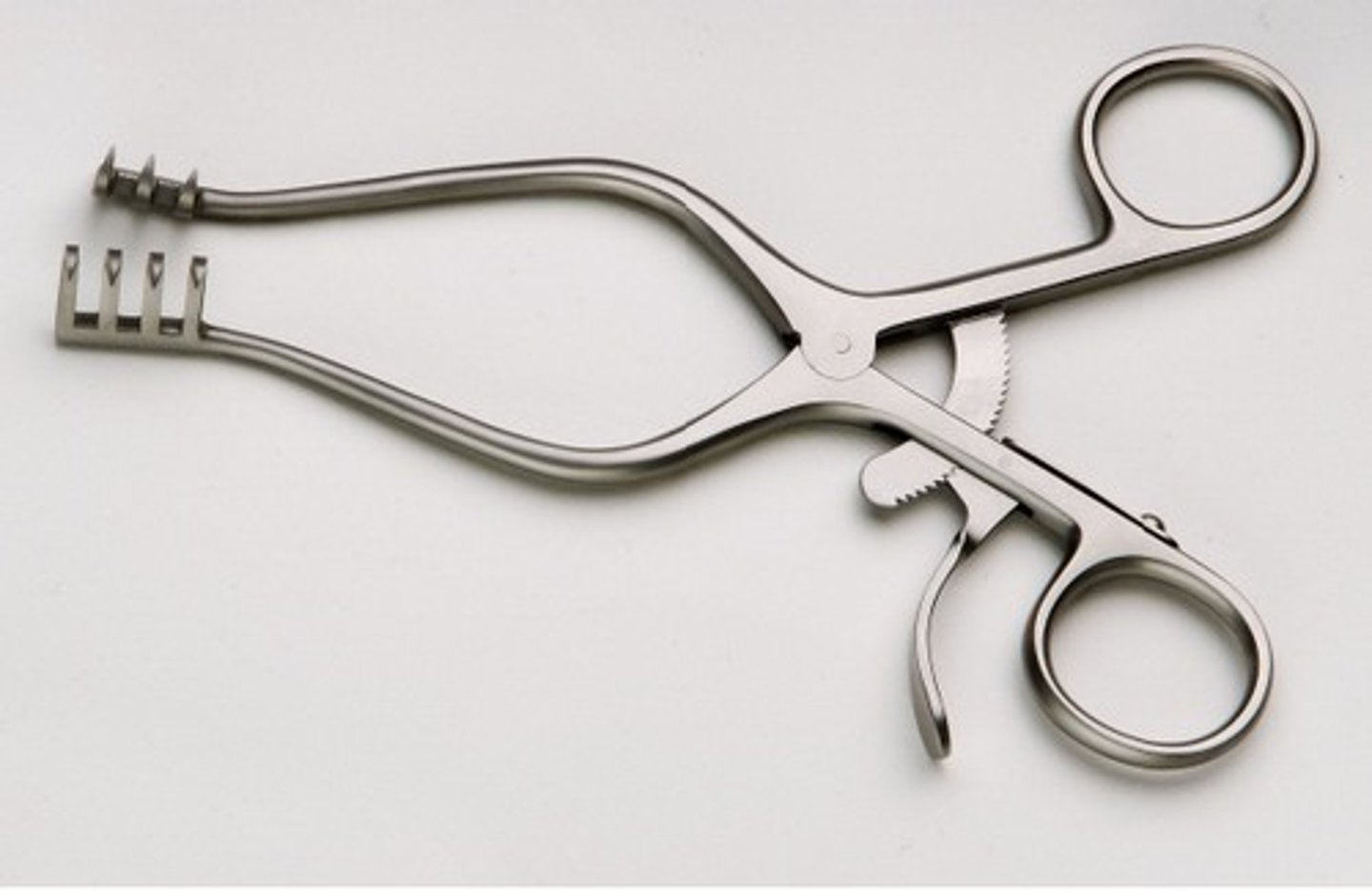
Yankauer sunction
Notice the dual holes at the end and gentle curve
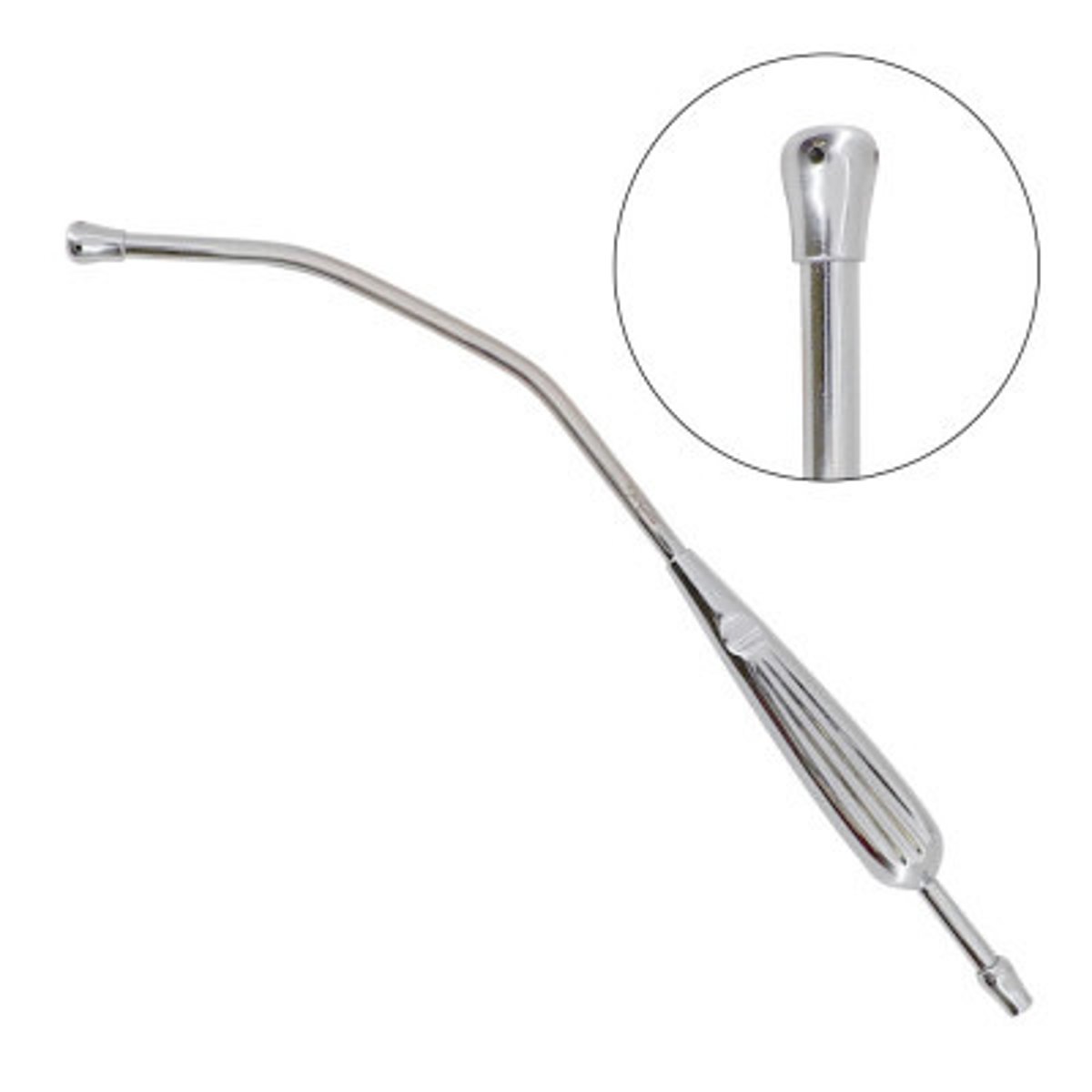
Frazier suction
sharp curve, like the letter F
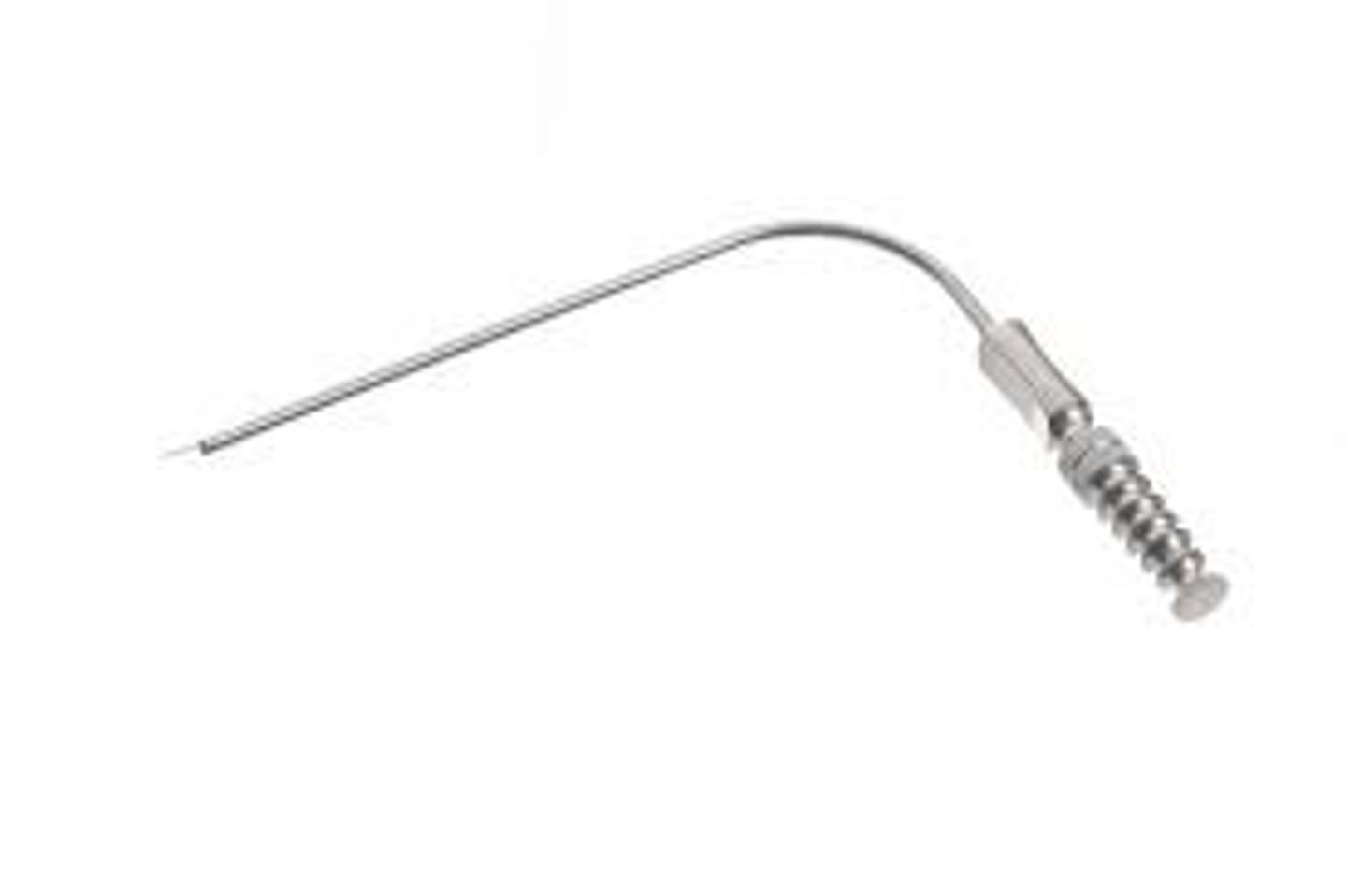
Crile clamps
Can be curved or straight, not to be confused with blunter Mayo-Hegar needle drivers
Small
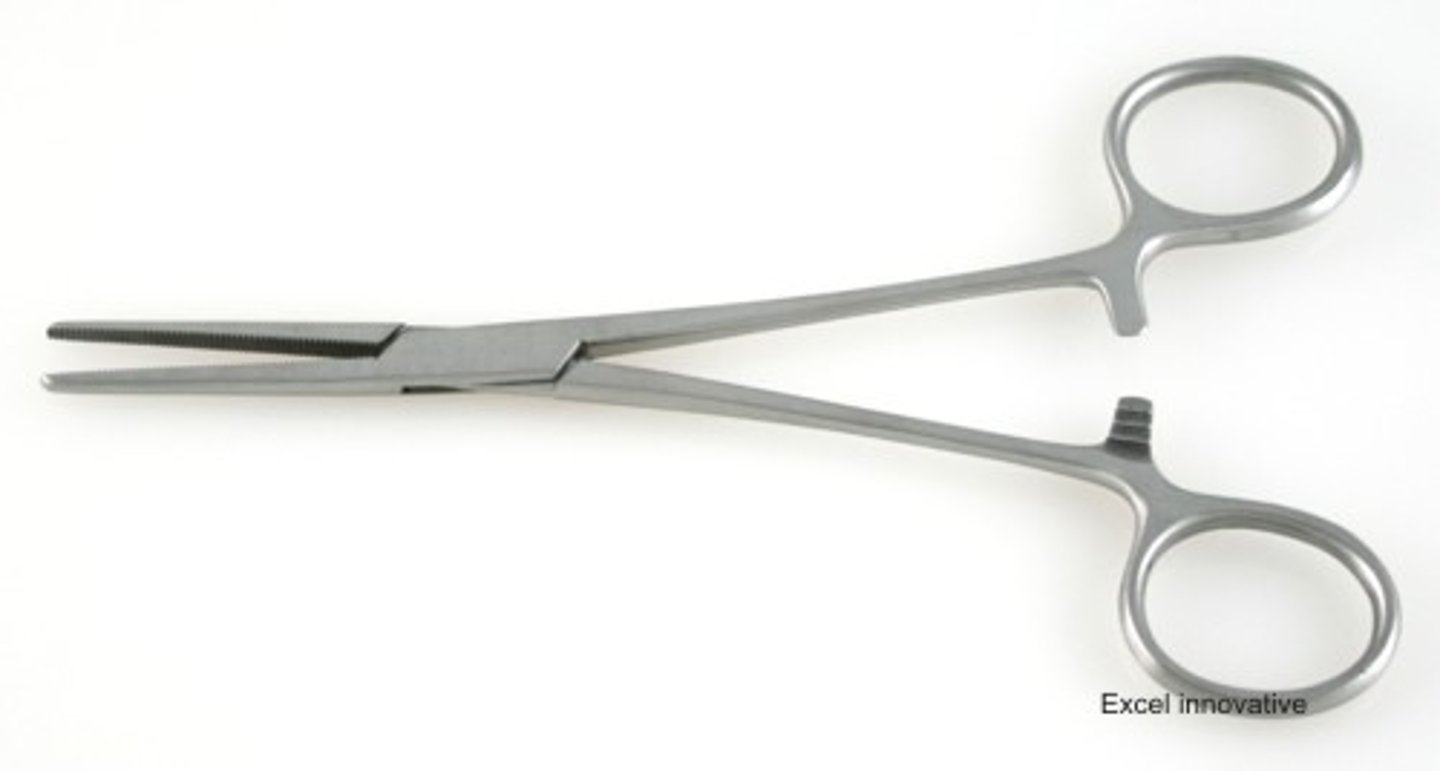
Mosquito clamps
thinner and more delicate that criles
Smallest
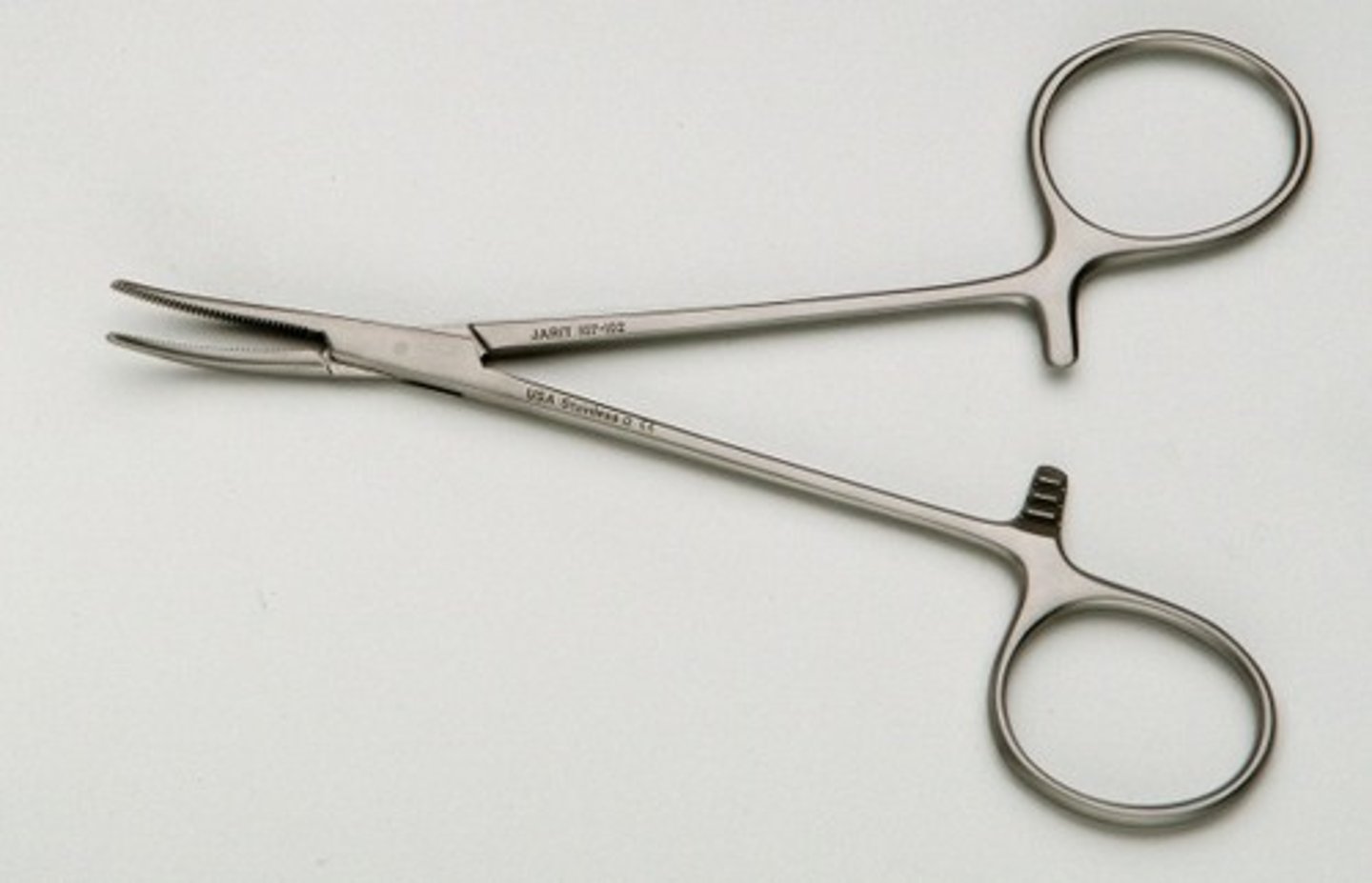
Towel clamps
Looks like they are wide enough to grab a small hand towel
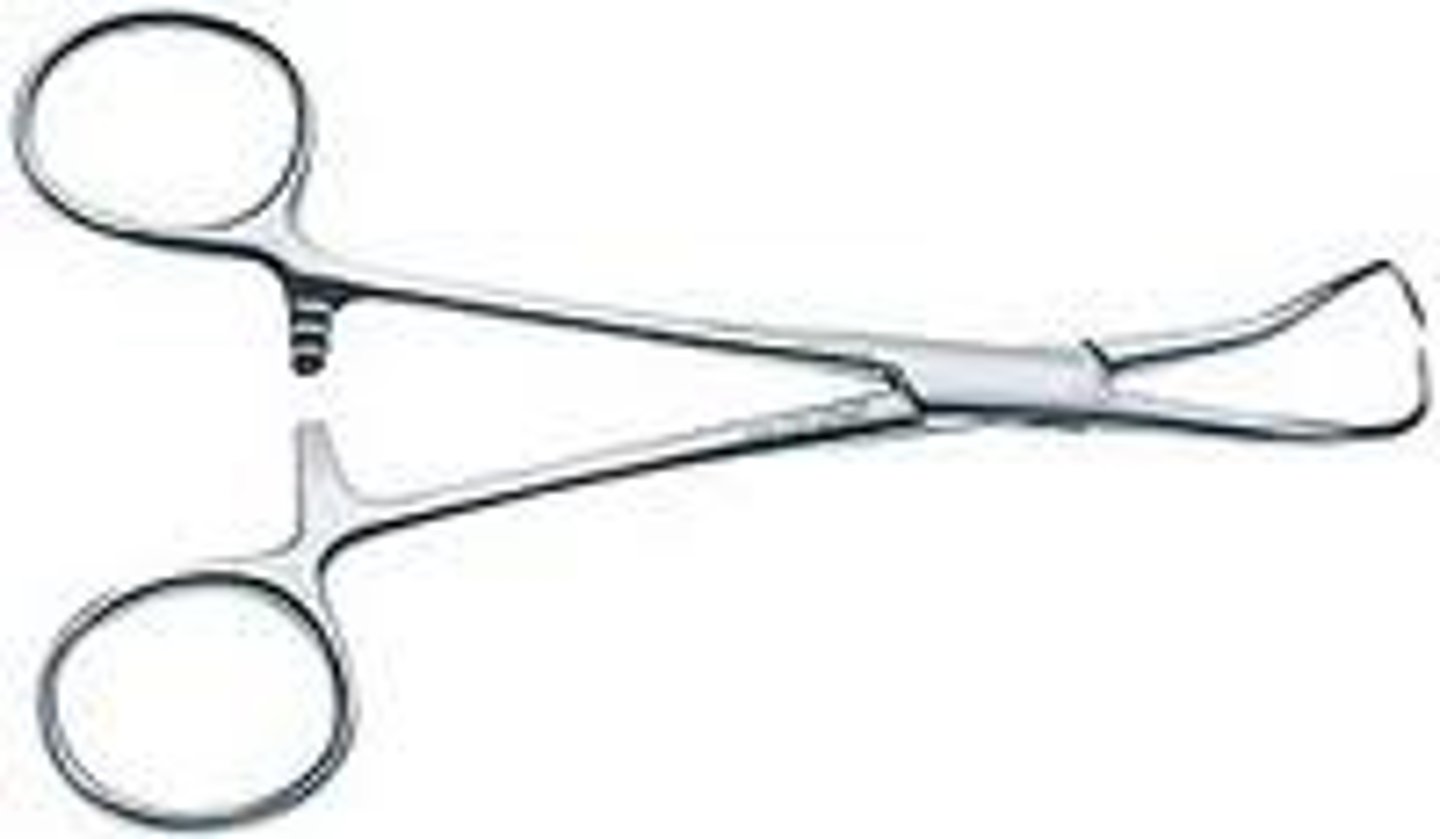
Kelly clamps
Ribbed!! Unlike crile. Can be curved or straight
Medium-sized
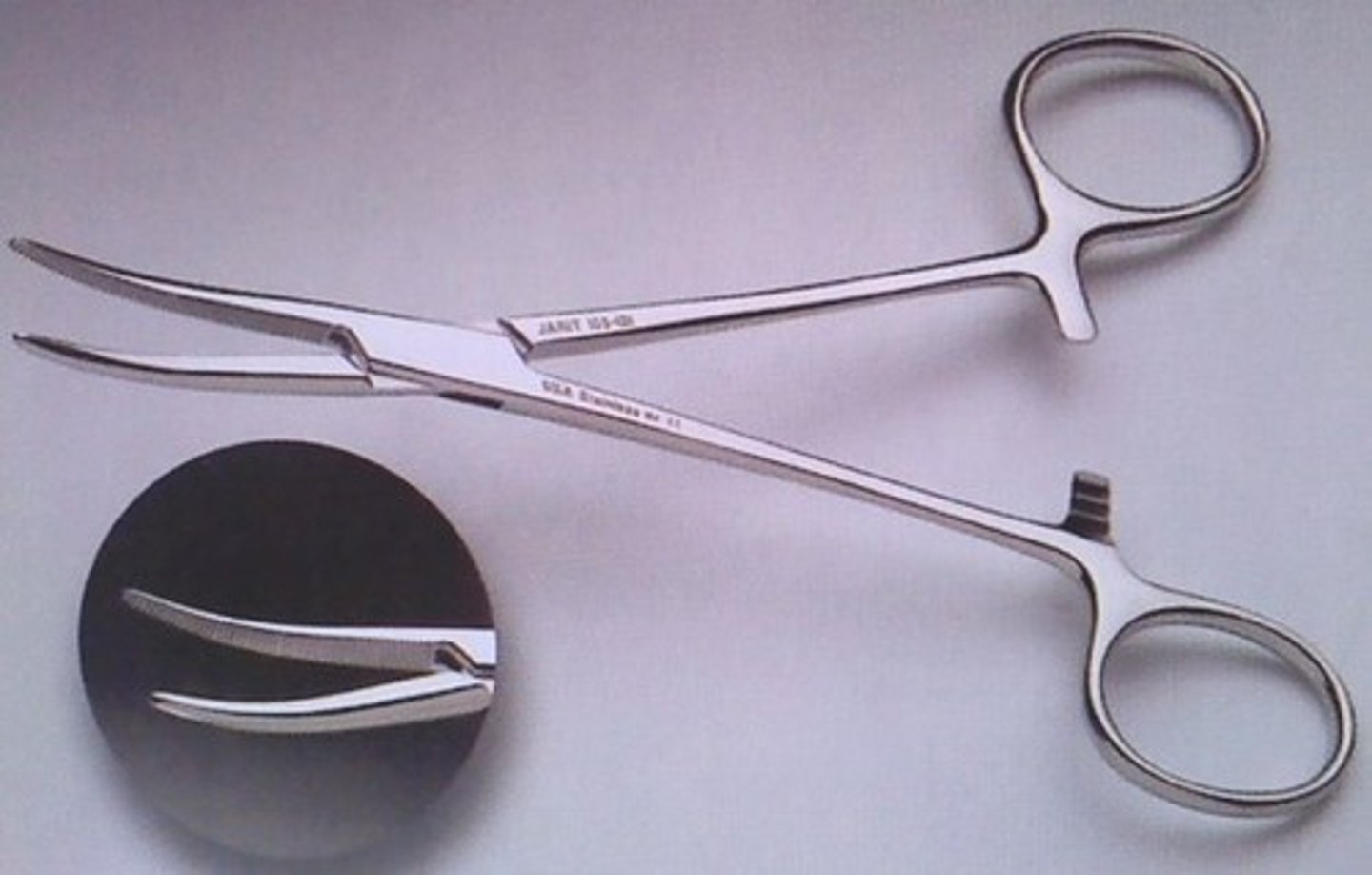
Kocher clamps
Little teeth on the end !!
Largest (compared to kelly and others)
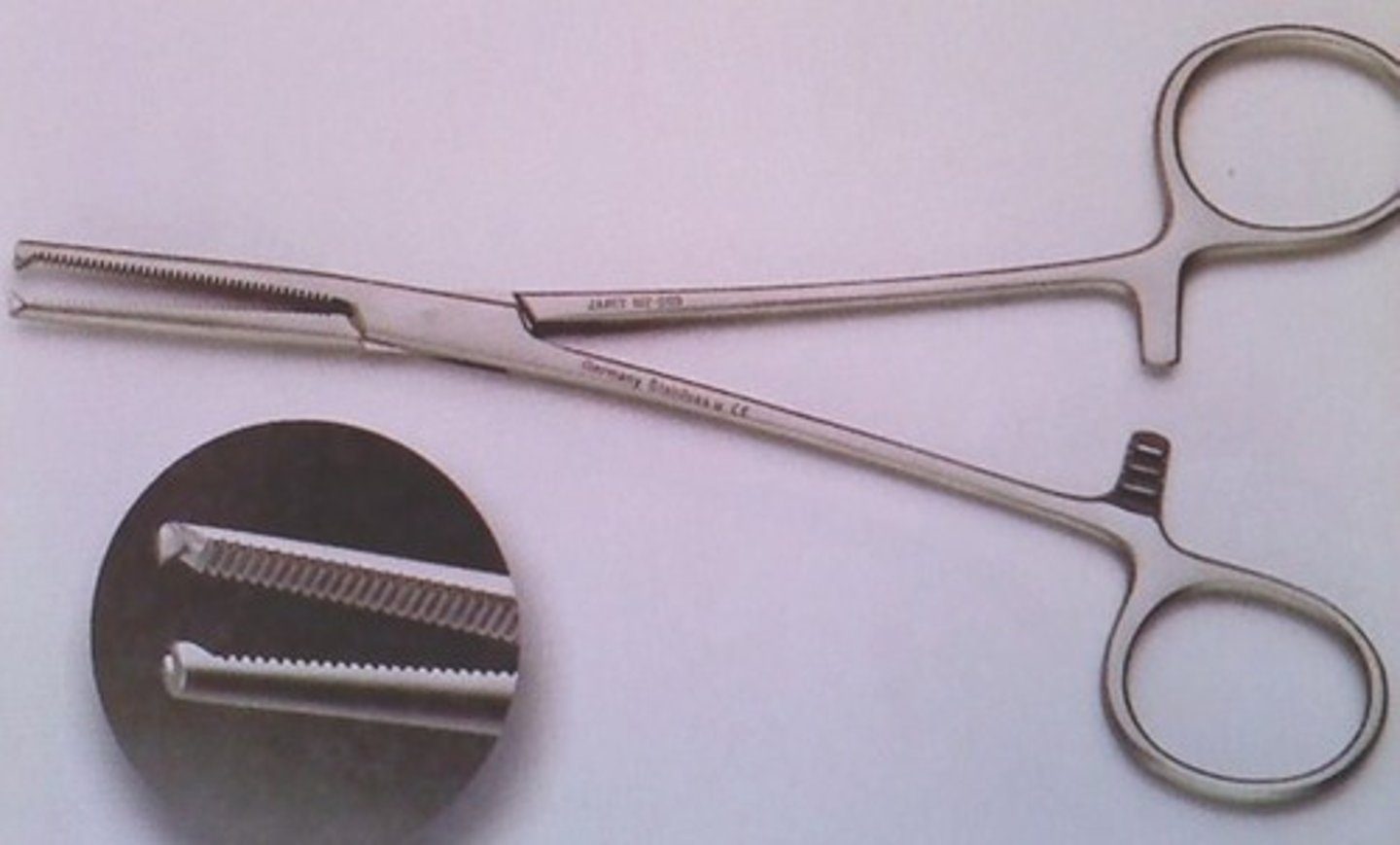
Right angle clamps
Self-explanatory
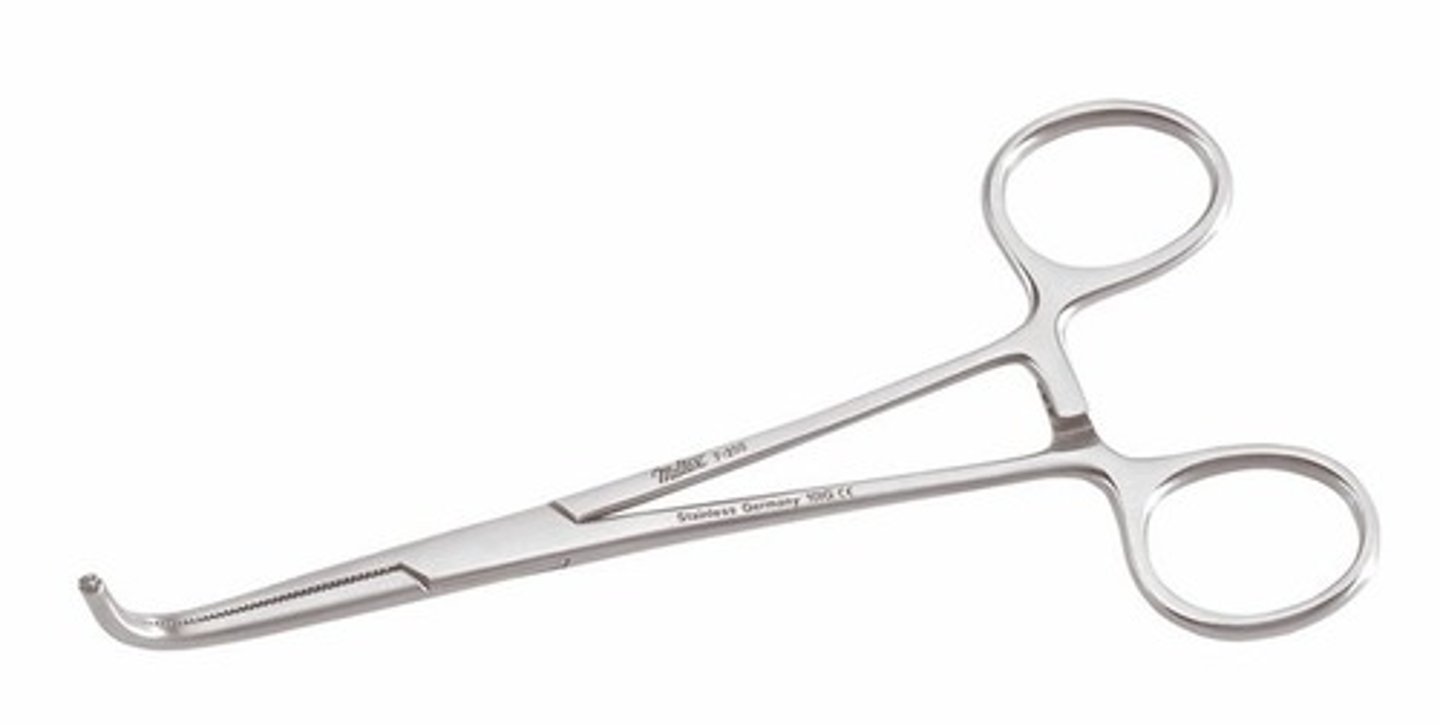
Allis clamp
Teeth toward each other, kind of looks like upside-down A
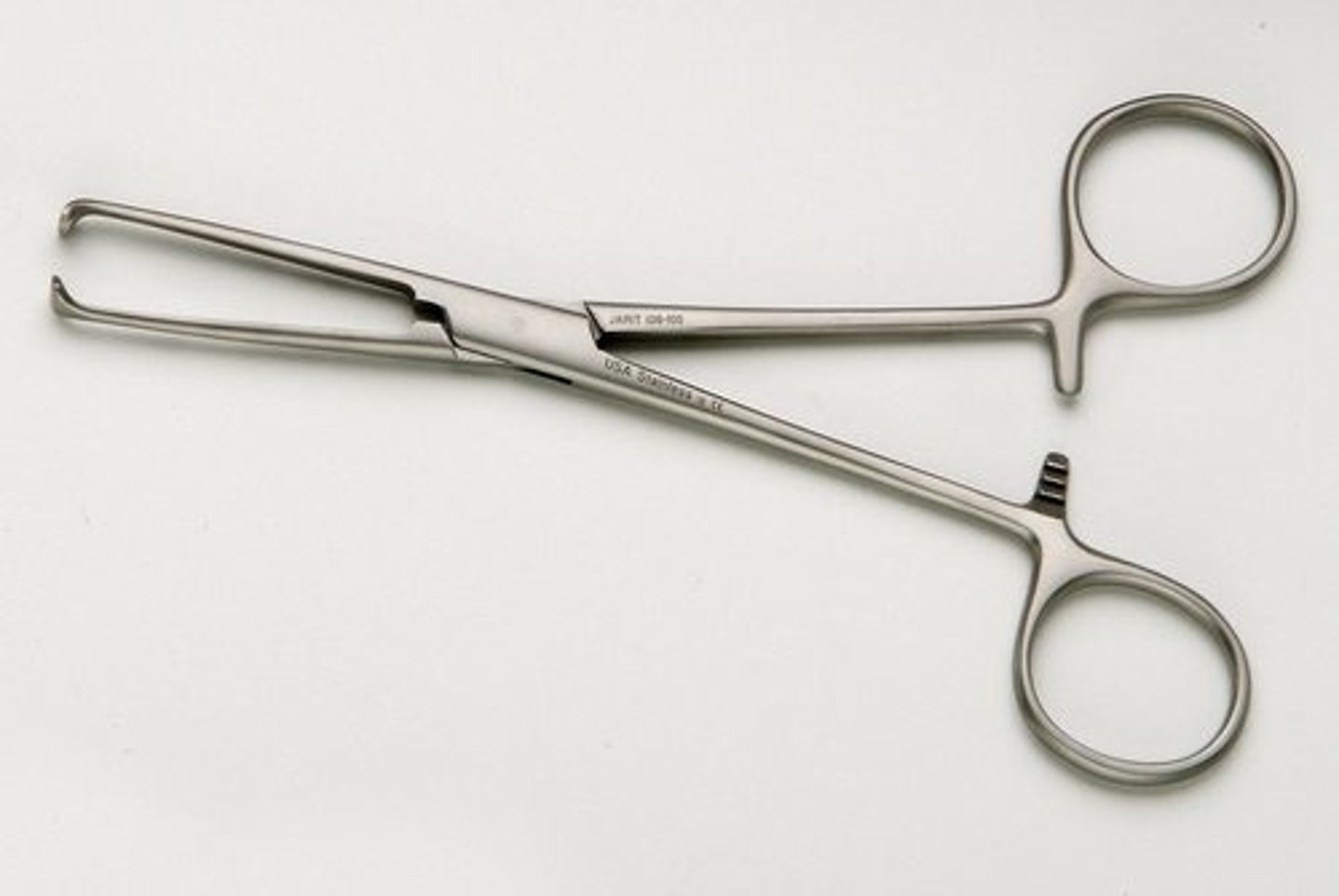
Babcock clamp
I can't put an image but it's a thicker allis (see slides)
B think bigger
Trocars
Conduits to allow entry of the laparoscopic instruments into cavity
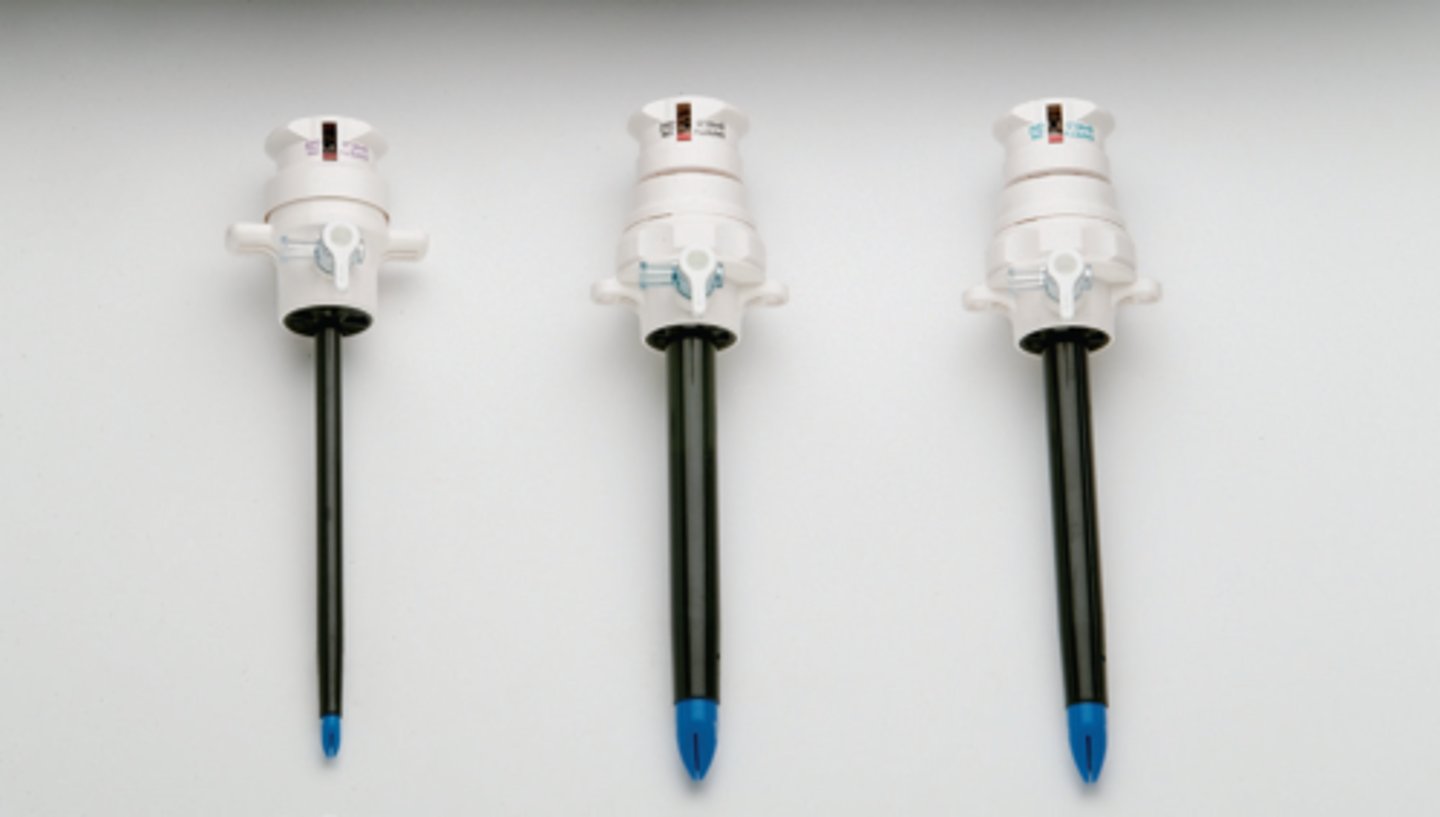
Laparoscopes
Allows for the visualization of operative field
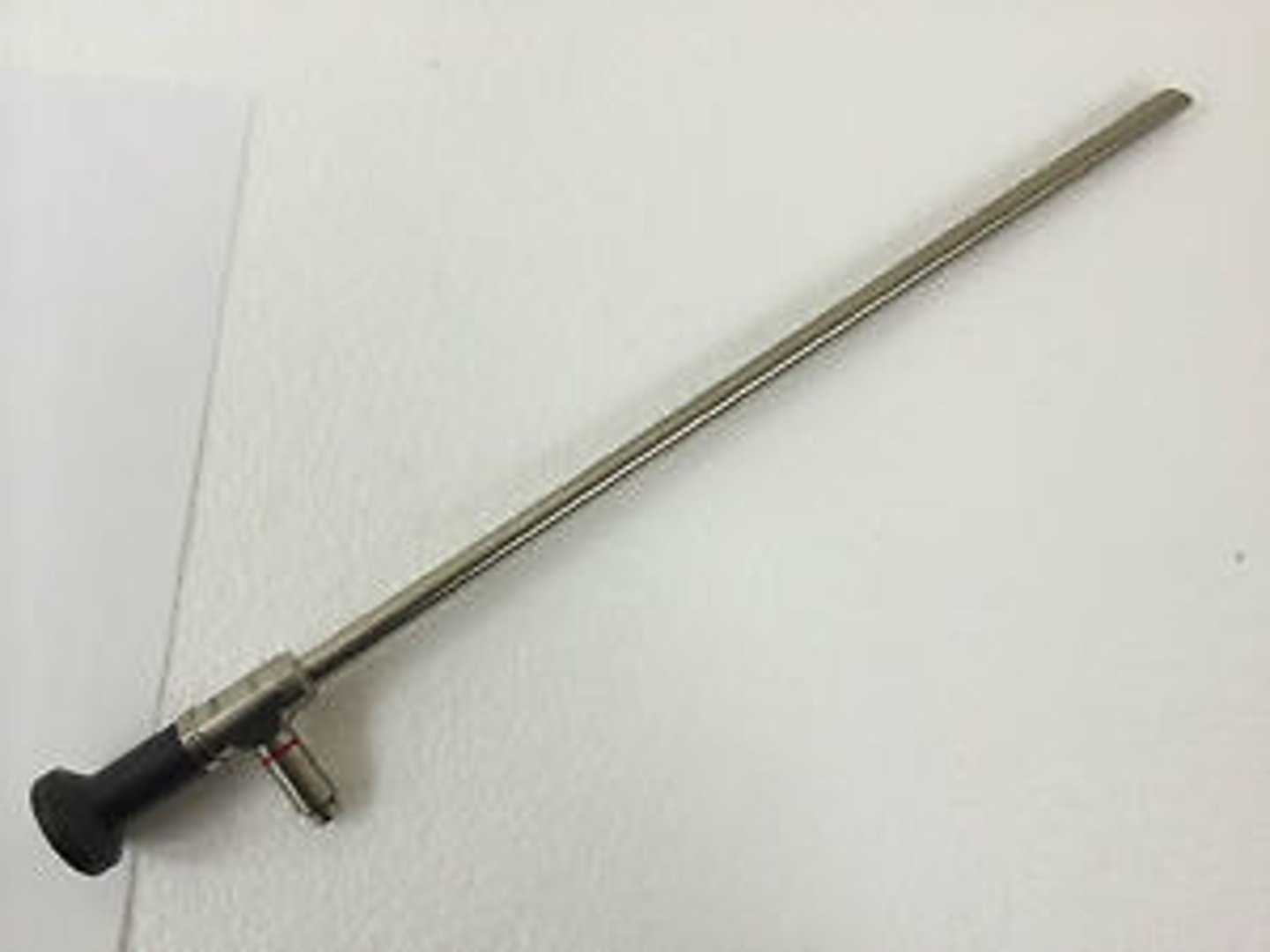
Graspers
grasping tissue during laparoscopic cases
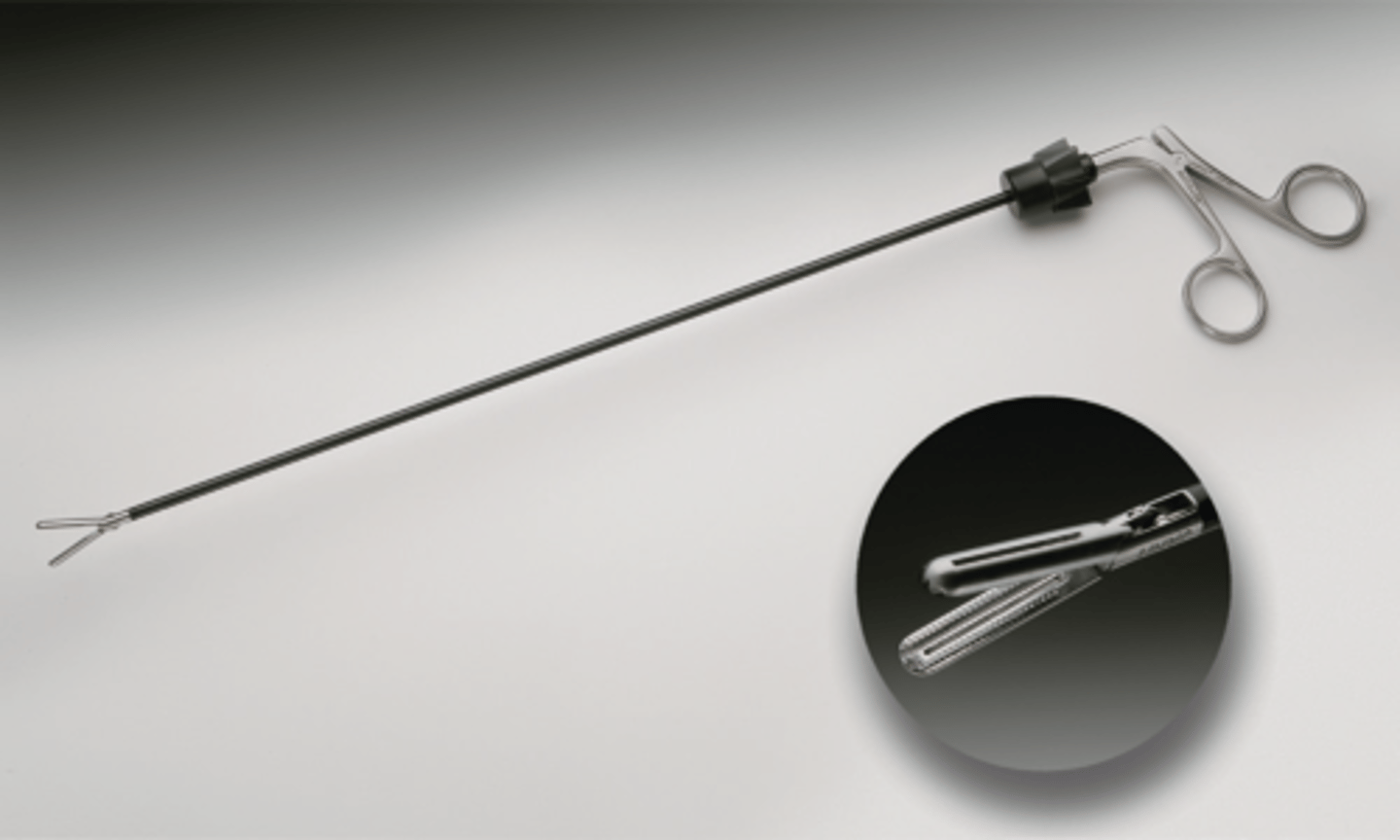
Drills/Saws
drilling/cutting bone
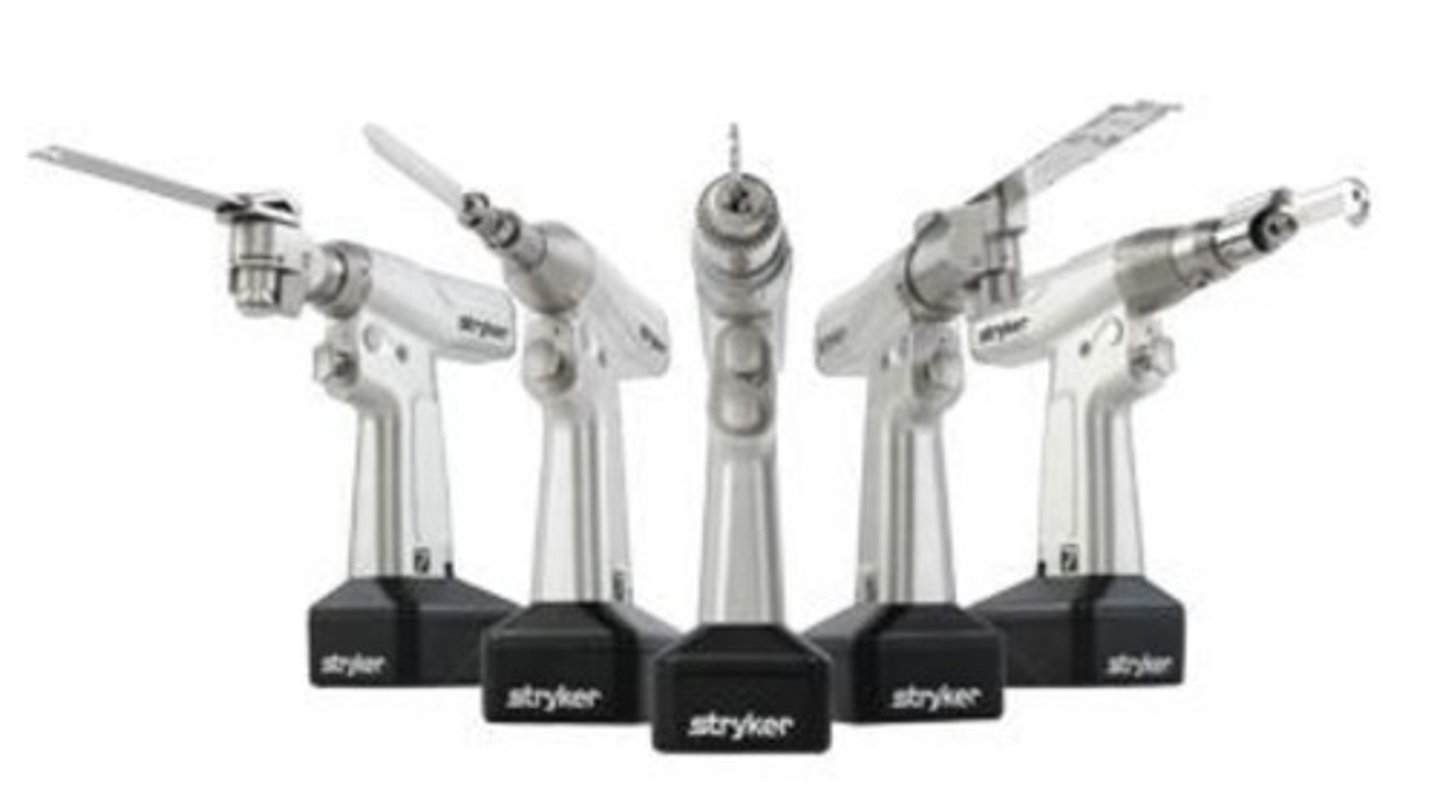
Bovie
Aka electrocautery = heat generated coagulation
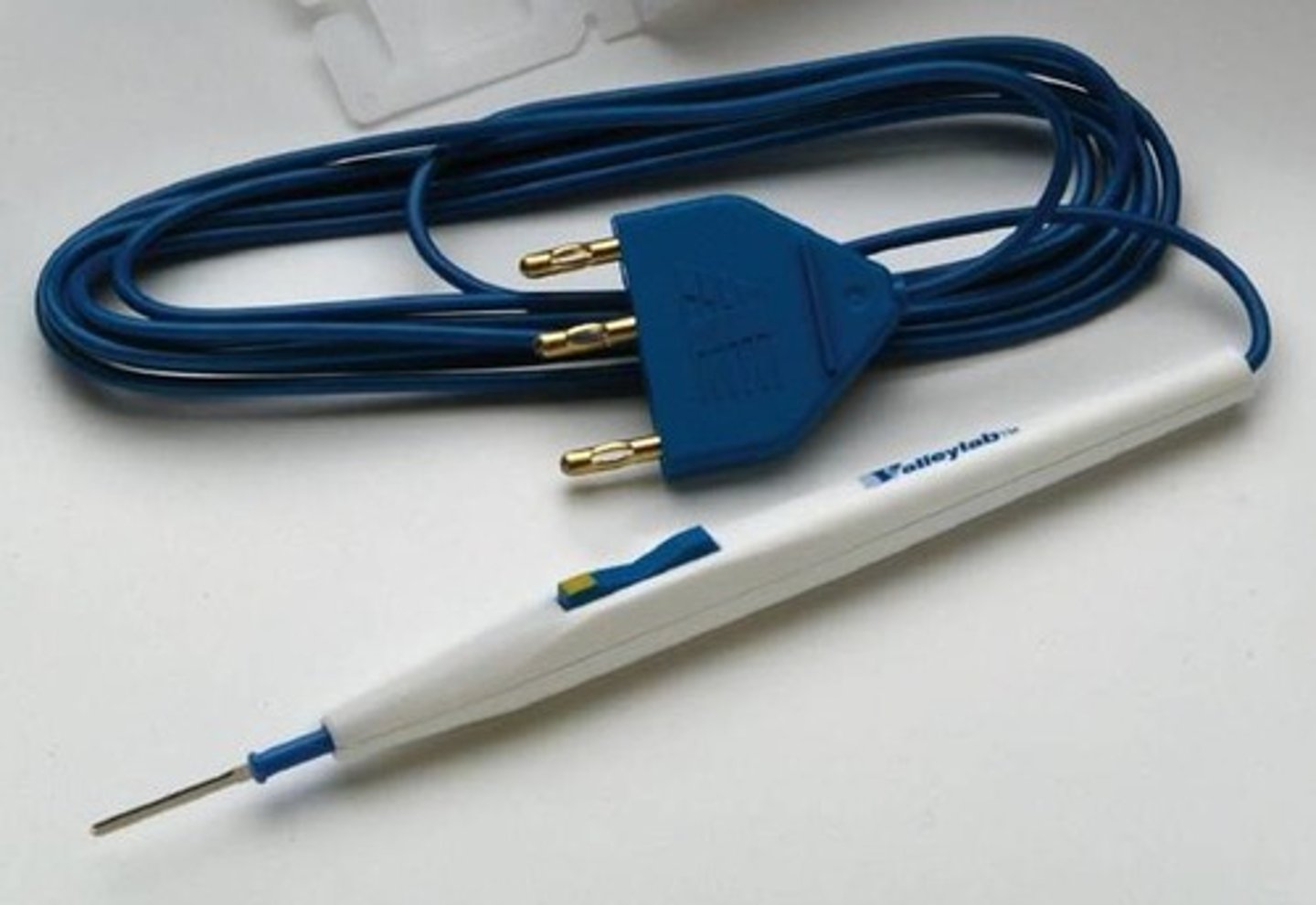
Clamps
holding objects in place, maintain control of tissue, cutting off blood flow
Suction
removes fluid from the surgical field
Retractors
pull back any tissue/organ/etc. to maintain exposure of the surgical site
Forcepts
aka pickups; grasping tissue
Needle-drivers
hold and "drive" the needle
Scissors
primarily cutting but can also assist in dissection by spreading tissue
Mayo v Mets
Mayo - thicker tissue/sutures, more aggressive/harsh cuts
Metz- thinner tissue/sutures, delicate dissection, gentle use